Shows
 Getuplearn.com PodcastCommunication: Definitions, Functions, Importance, Principles, Process, TypesWhat is Communication?
Simply defined, communication is the act of transmitting information, ideas, and attitudes from one person to another. It is the process of transmitting a message from a source to an audience through a channel. For example, in a conversation, which is the most common type of communication, the person who speaks is the source and the person who listens is the audience. What is transmitted by the person who speaks is the message and the spoken voice carried through the air is the channel.
Definitions of Communication
Communication is the transfer...2022-07-0824 min
Getuplearn.com PodcastCommunication: Definitions, Functions, Importance, Principles, Process, TypesWhat is Communication?
Simply defined, communication is the act of transmitting information, ideas, and attitudes from one person to another. It is the process of transmitting a message from a source to an audience through a channel. For example, in a conversation, which is the most common type of communication, the person who speaks is the source and the person who listens is the audience. What is transmitted by the person who speaks is the message and the spoken voice carried through the air is the channel.
Definitions of Communication
Communication is the transfer...2022-07-0824 min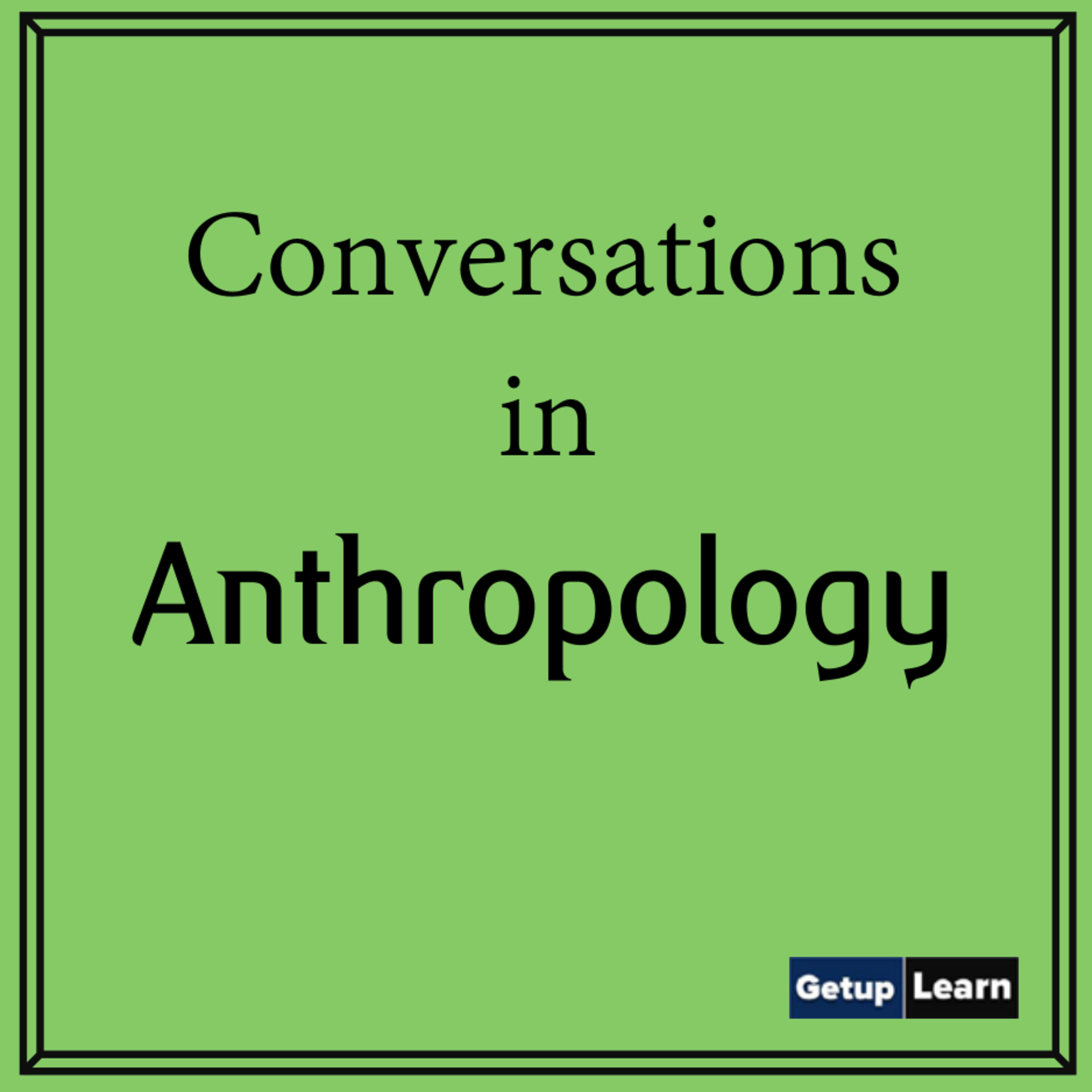 Getuplearn.com PodcastWhat is Folkloristic Anthropology?Folkloristic Anthropology
The study of folklore is known as Folkloristics. Anthropologists consider Folklore as a part of the culture. The study of culture will be incomplete without the knowledge of folk traditions. The knowledge, beliefs and values of society play an important role in determining other aspects like marriage, family and economic organisation. Folklore is the pulse of the culture.
Anthropologists try to understand these pulses by going deep into the culture. Hence it is the duty of an anthropologist to describe the folklore of a given society while documenting, preserving, and popularising the culture.2022-01-2401 min
Getuplearn.com PodcastWhat is Folkloristic Anthropology?Folkloristic Anthropology
The study of folklore is known as Folkloristics. Anthropologists consider Folklore as a part of the culture. The study of culture will be incomplete without the knowledge of folk traditions. The knowledge, beliefs and values of society play an important role in determining other aspects like marriage, family and economic organisation. Folklore is the pulse of the culture.
Anthropologists try to understand these pulses by going deep into the culture. Hence it is the duty of an anthropologist to describe the folklore of a given society while documenting, preserving, and popularising the culture.2022-01-2401 min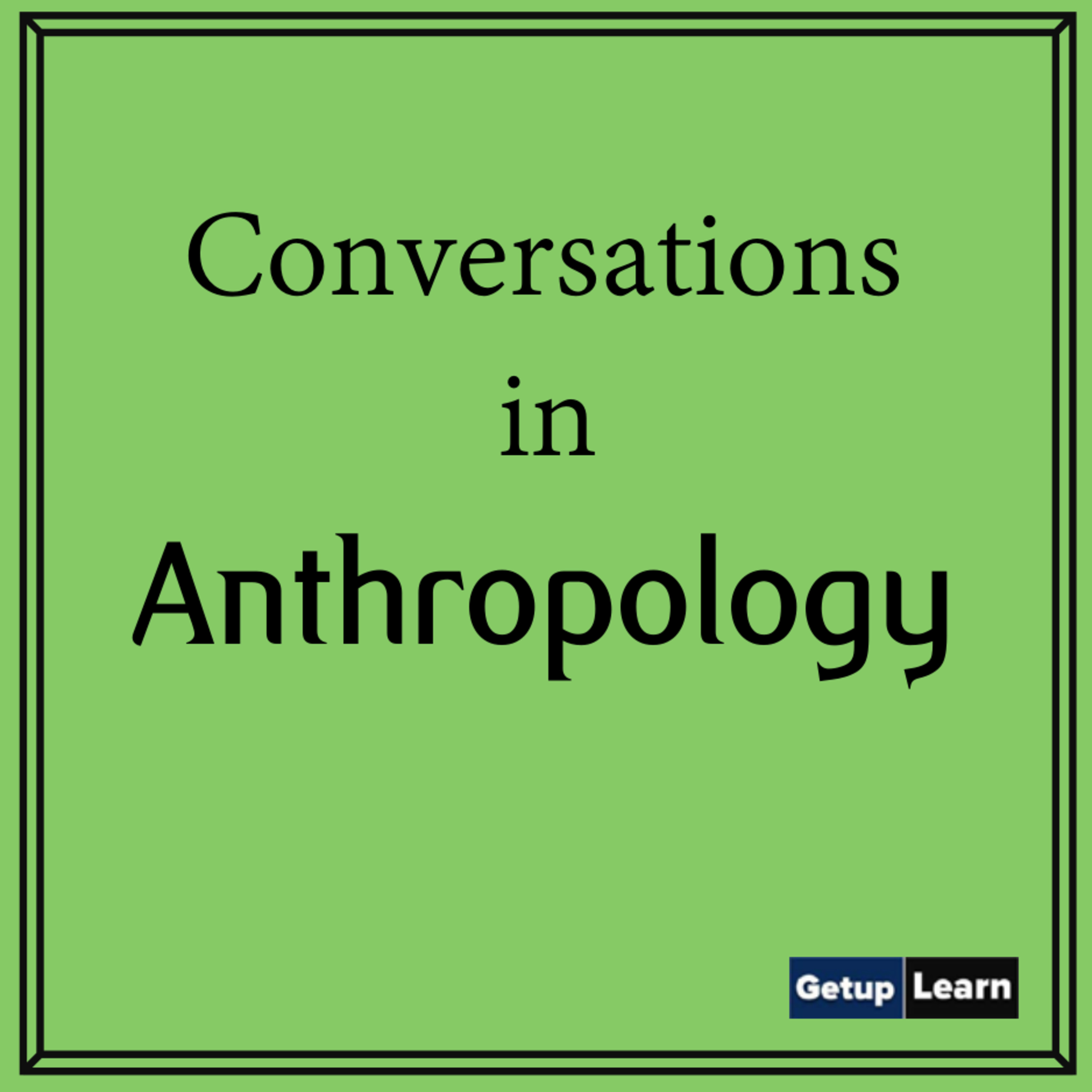 Getuplearn.com PodcastKinship BehaviourKinship Behaviour
Kinship behaviour towards a particular relative is not the same in all societies. Most of the behaviour is culture-bound and therefore vary from society to society. Let us go through different types of such behaviour:
Avoidance
Joking Relation
Avunculate
Amitate
Couvade
Tecknonymy
Avoidance
In many societies all over the world individual related to one another observe a kind of distance towards daughter-in-law, mother-in-law, father-in-law, younger brother’s wife, etc. For instance, a man maintains an avoidance relationship with his daughter-in-law according to traditional norms. In the same manner, a woman tries to...2022-01-2402 min
Getuplearn.com PodcastKinship BehaviourKinship Behaviour
Kinship behaviour towards a particular relative is not the same in all societies. Most of the behaviour is culture-bound and therefore vary from society to society. Let us go through different types of such behaviour:
Avoidance
Joking Relation
Avunculate
Amitate
Couvade
Tecknonymy
Avoidance
In many societies all over the world individual related to one another observe a kind of distance towards daughter-in-law, mother-in-law, father-in-law, younger brother’s wife, etc. For instance, a man maintains an avoidance relationship with his daughter-in-law according to traditional norms. In the same manner, a woman tries to...2022-01-2402 min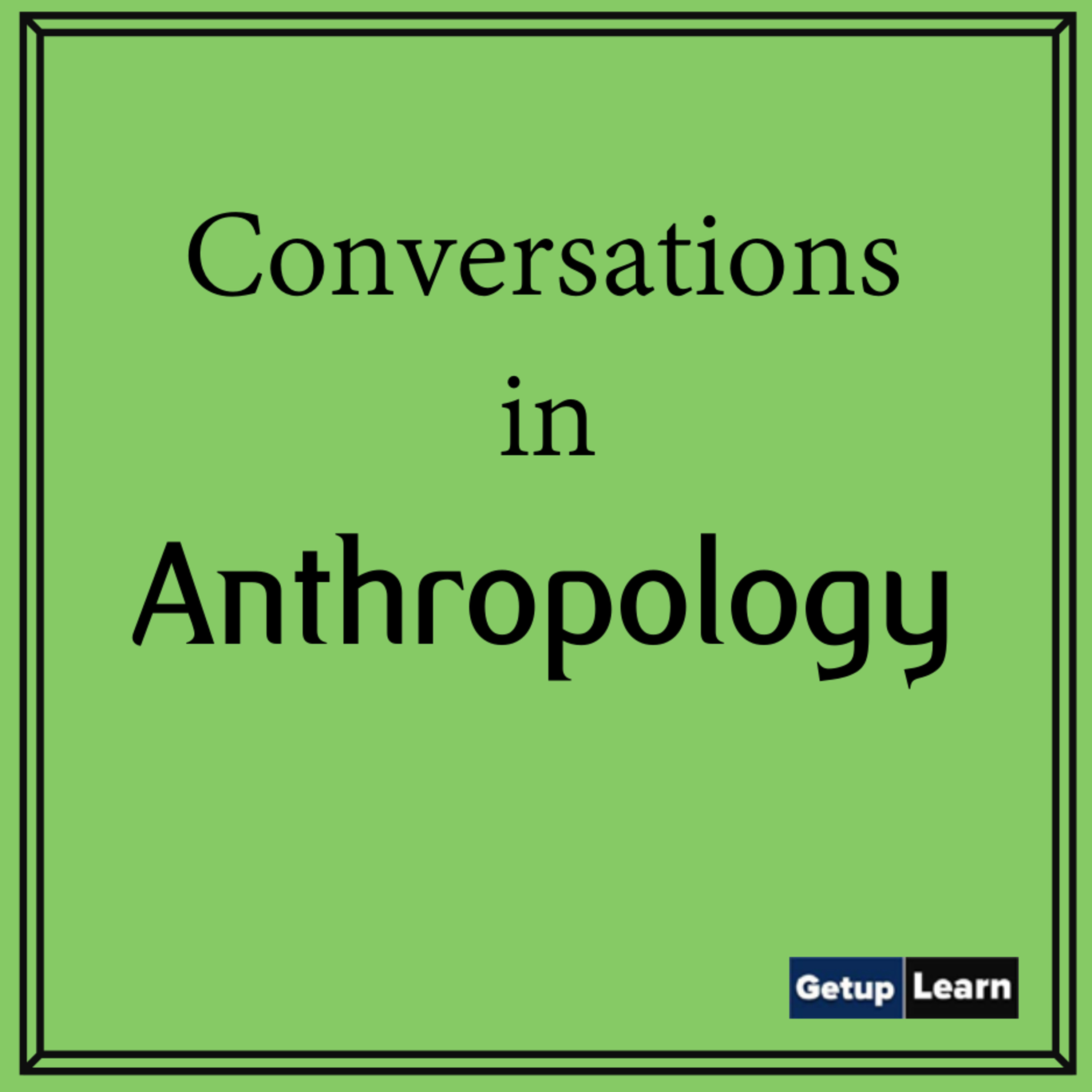 Getuplearn.com PodcastKinship Terminology AnthropologyKinship Terminology Anthropology
Let us go through different terms used to address kin. Kinship terms are the label, name or designation applied to relatives. It can be classified into three different types
Mode of Use
Linguistic Structure
Range of Application
Mode of Use
According to the mode of use, kinship terms are classified into terms of address and terms of reference: Term of address is used, to call someone directly. Example Atta in Telugu; Amma in Tamil/Malayalam.
Term of reference is how you address someone when talking about them. It...2022-01-2402 min
Getuplearn.com PodcastKinship Terminology AnthropologyKinship Terminology Anthropology
Let us go through different terms used to address kin. Kinship terms are the label, name or designation applied to relatives. It can be classified into three different types
Mode of Use
Linguistic Structure
Range of Application
Mode of Use
According to the mode of use, kinship terms are classified into terms of address and terms of reference: Term of address is used, to call someone directly. Example Atta in Telugu; Amma in Tamil/Malayalam.
Term of reference is how you address someone when talking about them. It...2022-01-2402 min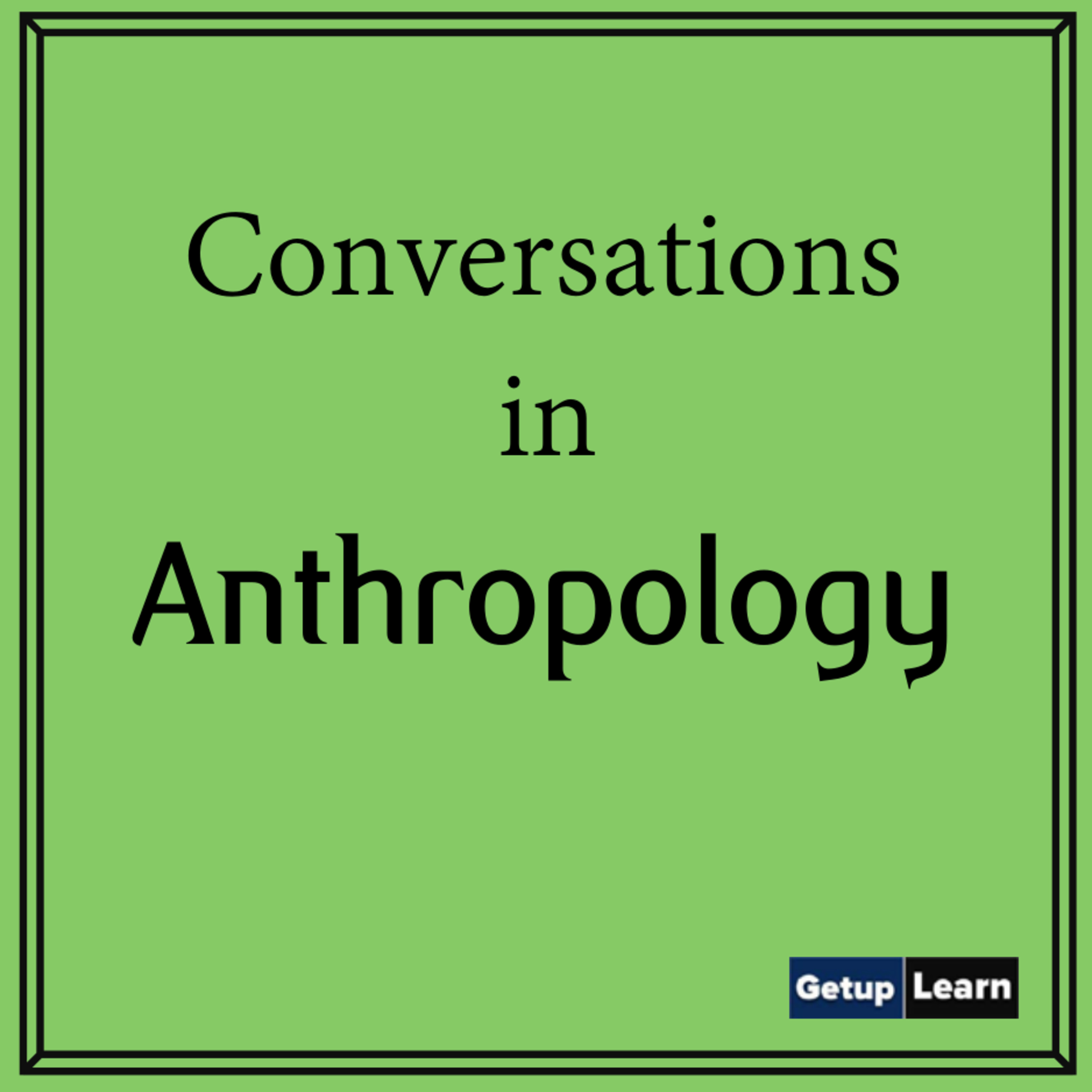 Getuplearn.com PodcastTypes of Kinship GroupsTypes of Kinship Groups
These are the types of kinship groups Sociological studies in various parts of North India show that social groups, such as:
Patrilineage
Clan
Castle and Subcaste
Fictive Kin and Step Relatives
Patrilineage Meaning: You can say that broadly speaking unilineal descent groups are the basis of kinship organisation in North India. When you trace the lineage membership of a group on the basis of shared descent in one line, you can name it a unilineal descent group. In North India, you find mostly patrilineal descent groups. This means that you trace...2022-01-2405 min
Getuplearn.com PodcastTypes of Kinship GroupsTypes of Kinship Groups
These are the types of kinship groups Sociological studies in various parts of North India show that social groups, such as:
Patrilineage
Clan
Castle and Subcaste
Fictive Kin and Step Relatives
Patrilineage Meaning: You can say that broadly speaking unilineal descent groups are the basis of kinship organisation in North India. When you trace the lineage membership of a group on the basis of shared descent in one line, you can name it a unilineal descent group. In North India, you find mostly patrilineal descent groups. This means that you trace...2022-01-2405 min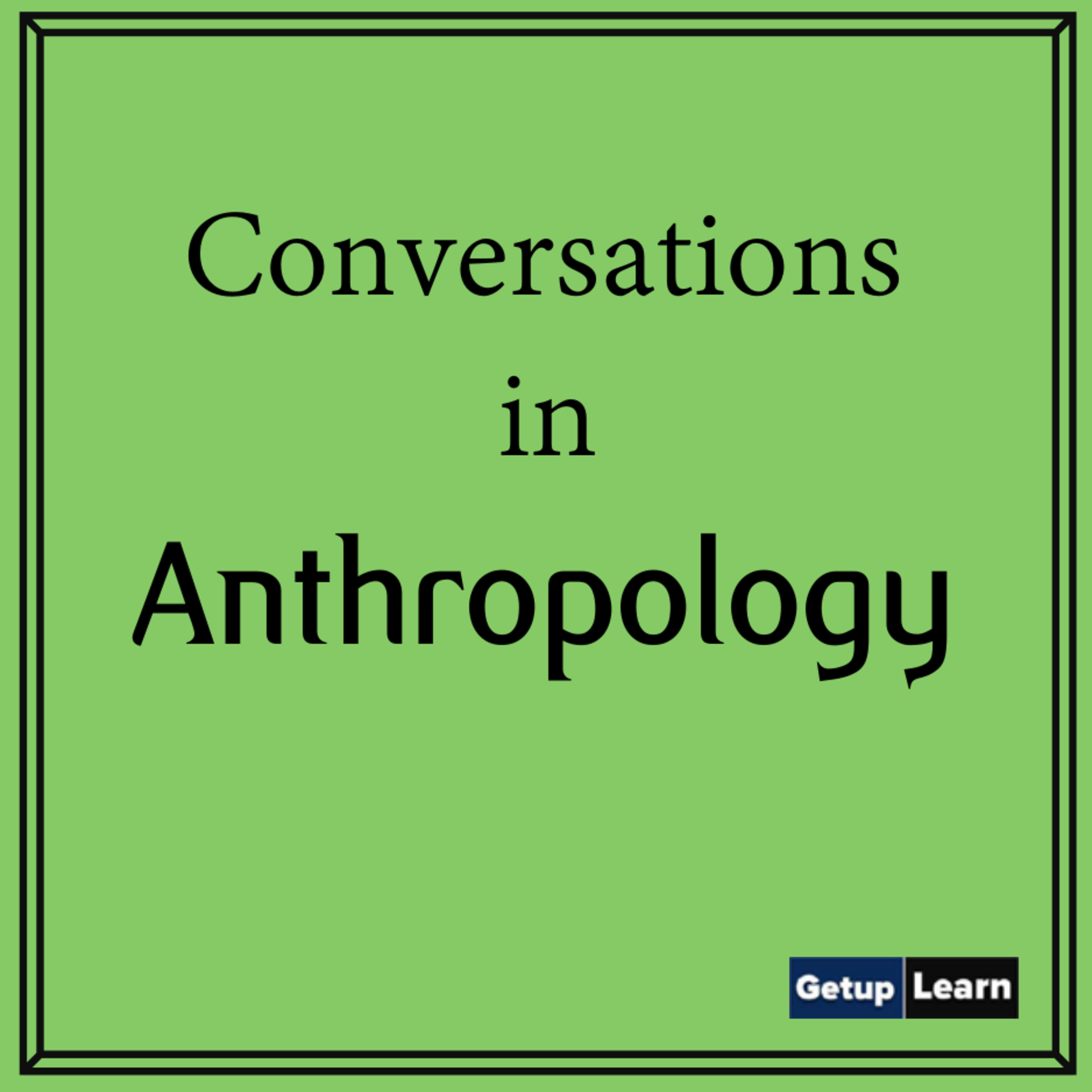 Getuplearn.com PodcastWhat is Kinship? Types, Terminology, BehaviourKinship Meaning
Kinship is one of the main organizing principles of society. It is one of the basic social institutions found in every society. This institution establishes relationships between individuals and groups. People in all societies are bound together by various kinds of bonds. The most basic bonds are those based on marriage and reproduction.
Kinship refers to these bonds, and all other relationships resulting from them. Thus, the institution of kinship refers to a set of relationships and relatives formed thereof, based on blood relationships (consanguineal), or marriage (affinal).
Continue Further R...2022-01-2400 min
Getuplearn.com PodcastWhat is Kinship? Types, Terminology, BehaviourKinship Meaning
Kinship is one of the main organizing principles of society. It is one of the basic social institutions found in every society. This institution establishes relationships between individuals and groups. People in all societies are bound together by various kinds of bonds. The most basic bonds are those based on marriage and reproduction.
Kinship refers to these bonds, and all other relationships resulting from them. Thus, the institution of kinship refers to a set of relationships and relatives formed thereof, based on blood relationships (consanguineal), or marriage (affinal).
Continue Further R...2022-01-2400 min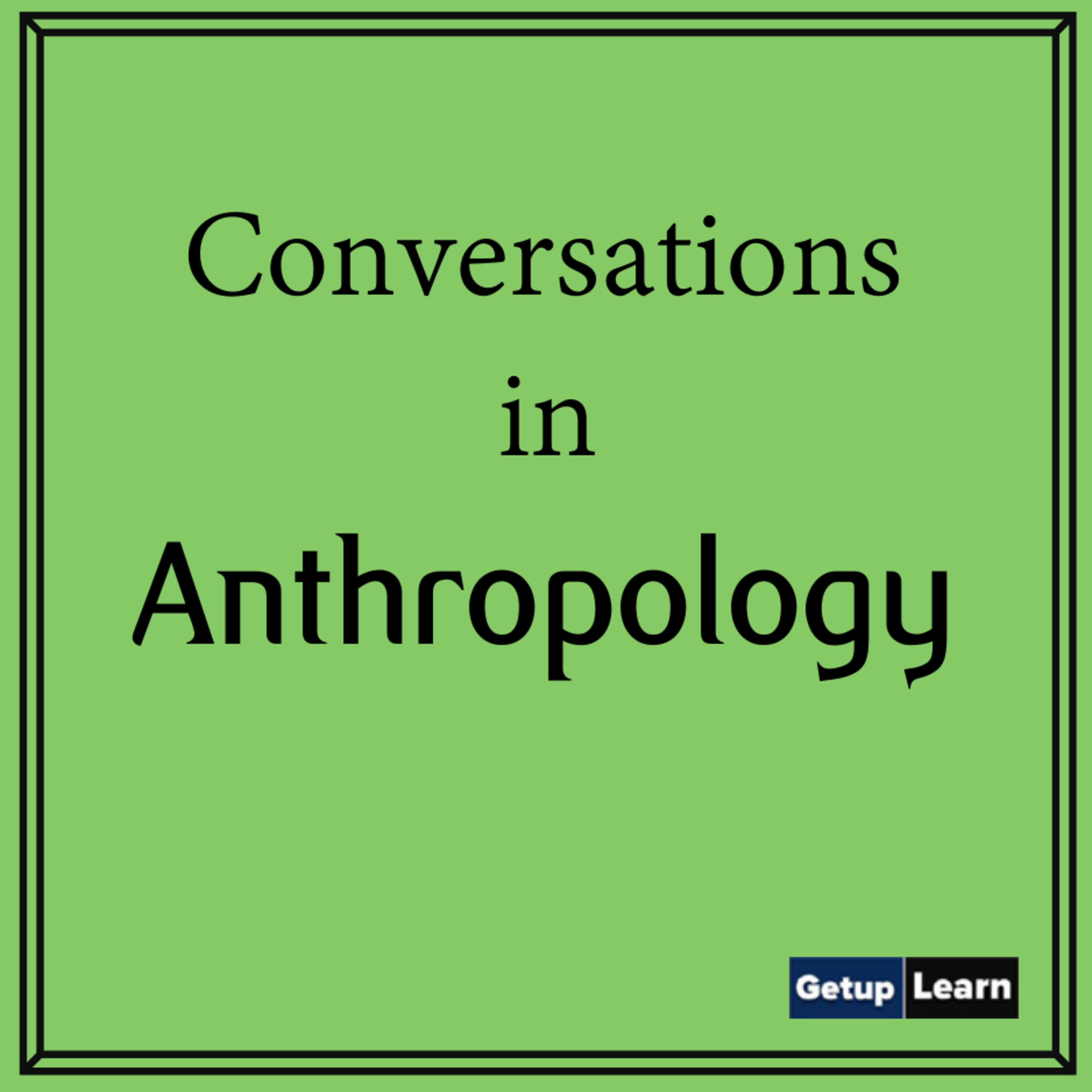 Getuplearn.com Podcast13 Types of MarriagesWhat are Marriages?
As a relation of one or more men to one or more women which is recognized by custom or law and involves certain rights and duties both in the case of parties entering the union and in the case of children born of it. types of marriages.
Marriage is a legally and socially sanctioned union, usually between a man and a woman, that is regulated by-laws, rules, customs, beliefs, and attitudes that prescribe the rights and duties of the partners and accords status to their offspring (if any).types of marriages.
2022-01-2410 min
Getuplearn.com Podcast13 Types of MarriagesWhat are Marriages?
As a relation of one or more men to one or more women which is recognized by custom or law and involves certain rights and duties both in the case of parties entering the union and in the case of children born of it. types of marriages.
Marriage is a legally and socially sanctioned union, usually between a man and a woman, that is regulated by-laws, rules, customs, beliefs, and attitudes that prescribe the rights and duties of the partners and accords status to their offspring (if any).types of marriages.
2022-01-2410 min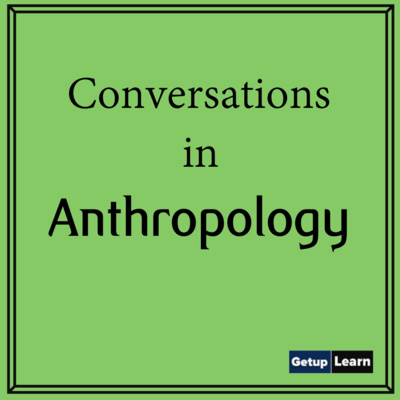 Getuplearn.com PodcastFunctions of Family in SociologyFunctions of Family in Sociology
The family as stated earlier is the smallest and most basic social unit of society and in whatever form it expresses itself, it is found in every society. This implies that the family as the basic social institution is playing a vital role central to the survival of any society and some of these functions of the family are considered here:
Nurture
Regulation of Sexual Relationships
Procreation
Social Placement
Material and Emotional Security
Affection and Companionship
Protection
Socialization
Legitimizing Inheritance
Nurture: Every child is born into a family and every...2022-01-2403 min
Getuplearn.com PodcastFunctions of Family in SociologyFunctions of Family in Sociology
The family as stated earlier is the smallest and most basic social unit of society and in whatever form it expresses itself, it is found in every society. This implies that the family as the basic social institution is playing a vital role central to the survival of any society and some of these functions of the family are considered here:
Nurture
Regulation of Sexual Relationships
Procreation
Social Placement
Material and Emotional Security
Affection and Companionship
Protection
Socialization
Legitimizing Inheritance
Nurture: Every child is born into a family and every...2022-01-2403 min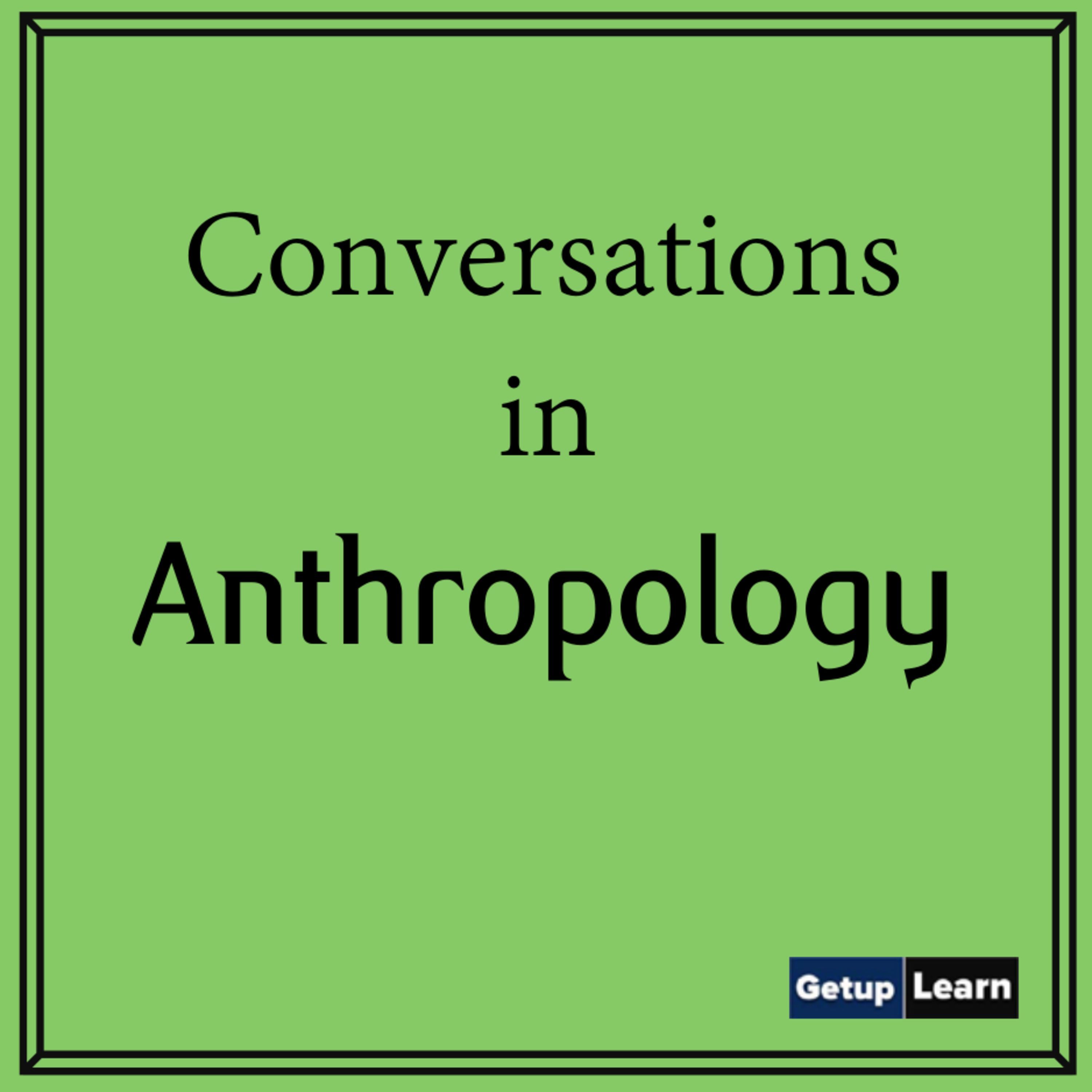 Getuplearn.com PodcastTypes of Family in SociologyTypes of Family in Sociology
Sociologists and anthropologists have identified various forms and kinds of families with regards to the cultural peculiarities as obtainable in various societies over time. However, according to Ingiabuna and Obaro (2009) families are categorized based on the number and generations of people involved in the family groups and the leadership or power/authority holders in the group:
These are the types of family in sociology:
Nuclear Family
Extended Family
Blended Families
Compound Family
Patriarchal Family
Matriarchal Family
Egalitarian Family
Nuclear Family: The nuclear family refers to a couple along...2022-01-2404 min
Getuplearn.com PodcastTypes of Family in SociologyTypes of Family in Sociology
Sociologists and anthropologists have identified various forms and kinds of families with regards to the cultural peculiarities as obtainable in various societies over time. However, according to Ingiabuna and Obaro (2009) families are categorized based on the number and generations of people involved in the family groups and the leadership or power/authority holders in the group:
These are the types of family in sociology:
Nuclear Family
Extended Family
Blended Families
Compound Family
Patriarchal Family
Matriarchal Family
Egalitarian Family
Nuclear Family: The nuclear family refers to a couple along...2022-01-2404 min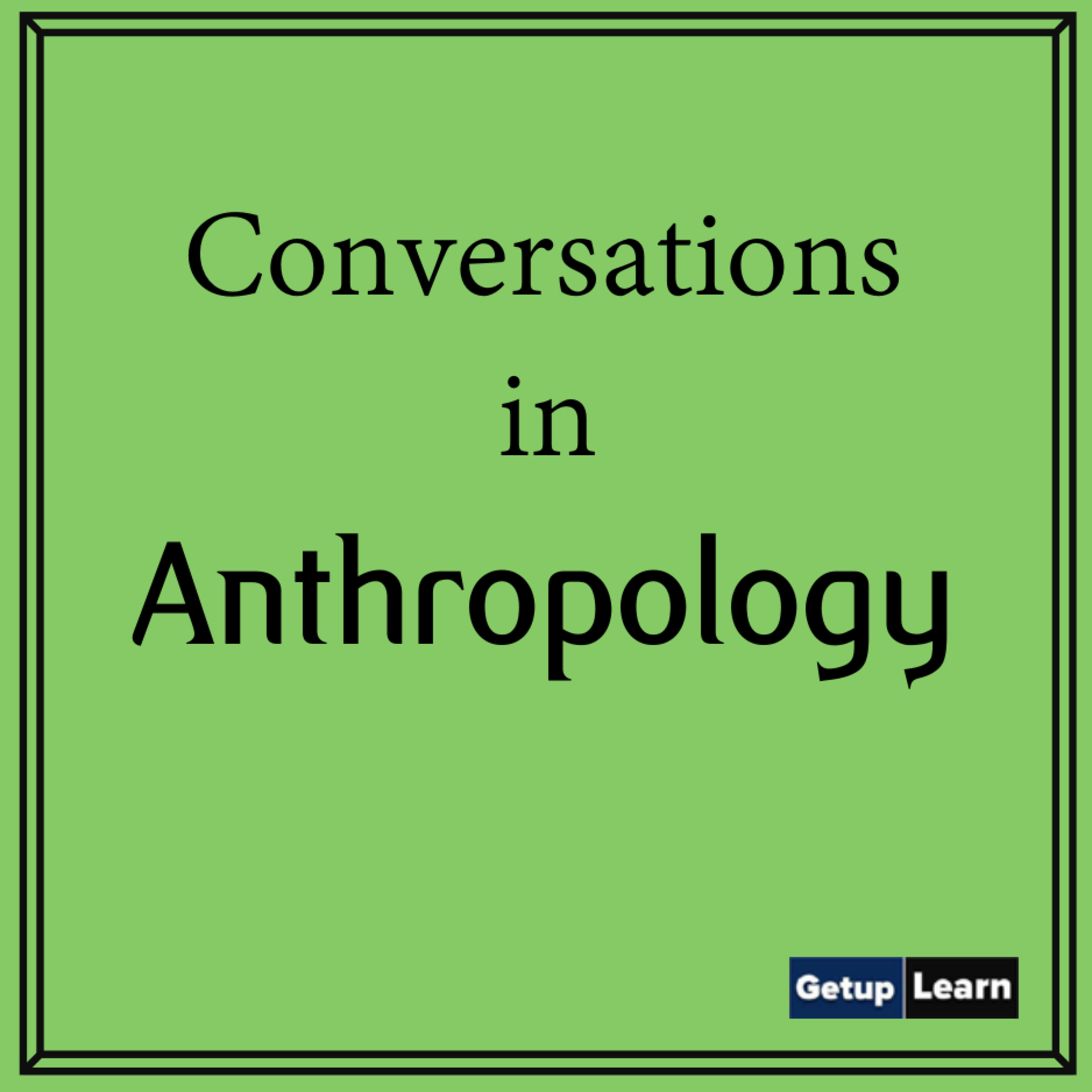 Getuplearn.com PodcastTypes of Marriage in SociologyTypes of Marriage in Sociology
Generally, there are two types of marriage, namely, monogamy and polygamy which are commonly seen all over the world. Here, the type of marriage depends upon the number of spouses involved in the marriage. Different forms and sub-types of marriage are given in the following chart: Monogamy
Monogamy
Polygamy
Monogamy Meaning: Monogamy is a type of marriage in which an individual has a single spouse at a given time. It has two sub-forms, serial monogamy and non-serial monogamy.
Serial Monogamy: Serial monogamy is a sub-form of monogamy in which...2022-01-2401 min
Getuplearn.com PodcastTypes of Marriage in SociologyTypes of Marriage in Sociology
Generally, there are two types of marriage, namely, monogamy and polygamy which are commonly seen all over the world. Here, the type of marriage depends upon the number of spouses involved in the marriage. Different forms and sub-types of marriage are given in the following chart: Monogamy
Monogamy
Polygamy
Monogamy Meaning: Monogamy is a type of marriage in which an individual has a single spouse at a given time. It has two sub-forms, serial monogamy and non-serial monogamy.
Serial Monogamy: Serial monogamy is a sub-form of monogamy in which...2022-01-2401 min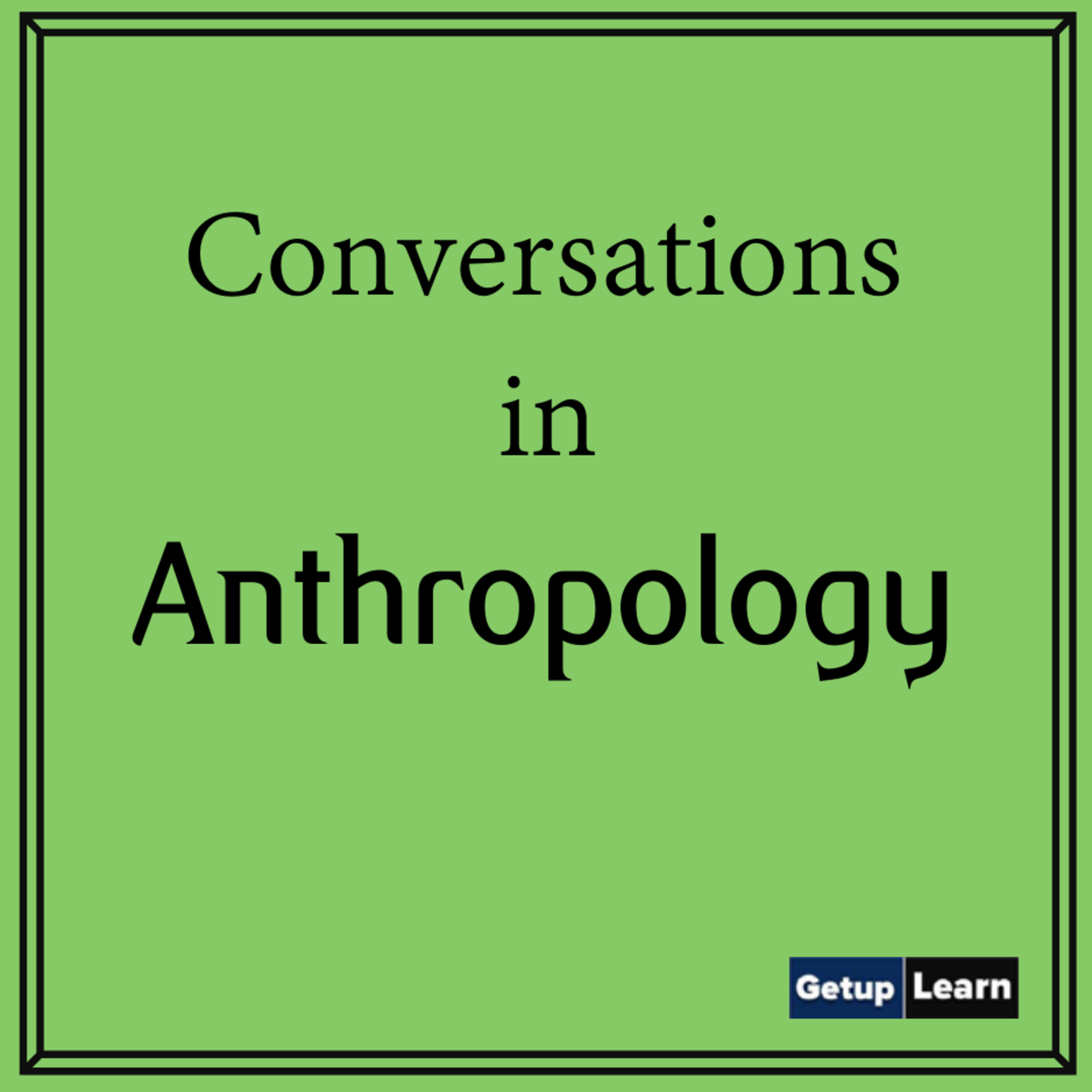 Getuplearn.com PodcastMarriage, Family, and KinshipMarriage, Family, and Kinship
Marriage Meaning: Marriage as an institution regulates sexual relationships among humans. It gives cultural sanction and social approval to the union between males and females.
Family Meaning: A family, in general, is a group based on marriage and marriage contracts, including recognition of the rights and duties of parenthood, common residence for husband wife and children and reciprocal economic obligation between husband and wife.
Kinship Meaning: Kinship: Family is a group consisting of close relatives and these relatives are known as kins. Kinship is the relationship between persons by blood...2022-01-2400 min
Getuplearn.com PodcastMarriage, Family, and KinshipMarriage, Family, and Kinship
Marriage Meaning: Marriage as an institution regulates sexual relationships among humans. It gives cultural sanction and social approval to the union between males and females.
Family Meaning: A family, in general, is a group based on marriage and marriage contracts, including recognition of the rights and duties of parenthood, common residence for husband wife and children and reciprocal economic obligation between husband and wife.
Kinship Meaning: Kinship: Family is a group consisting of close relatives and these relatives are known as kins. Kinship is the relationship between persons by blood...2022-01-2400 min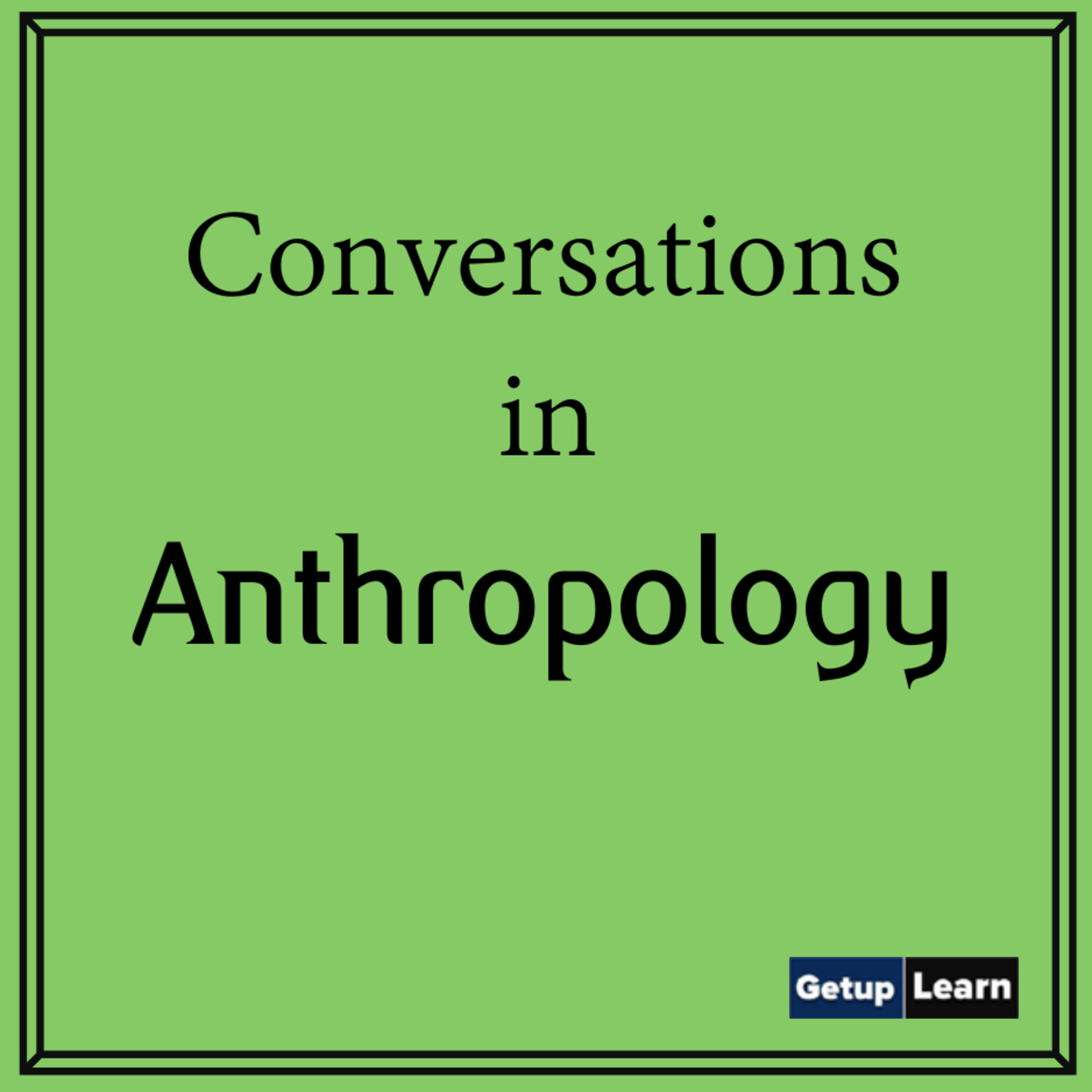 Getuplearn.com PodcastDefinition of MarriageWhat is Marriage?
Marriage as an institution regulates sexual relationships among humans. It gives cultural sanction and social approval to the union between males and females.
Definition of Marriage
A relationship between a woman and one or more other persons, which provides that a child born to the woman under circumstances not prohibited by the rules of relationship is accorded full birth status, rights common to normal members of his society for social stratum. By Kathleen Gough, British Anthropologist
As a relation of one or more men to one or more women...2022-01-2400 min
Getuplearn.com PodcastDefinition of MarriageWhat is Marriage?
Marriage as an institution regulates sexual relationships among humans. It gives cultural sanction and social approval to the union between males and females.
Definition of Marriage
A relationship between a woman and one or more other persons, which provides that a child born to the woman under circumstances not prohibited by the rules of relationship is accorded full birth status, rights common to normal members of his society for social stratum. By Kathleen Gough, British Anthropologist
As a relation of one or more men to one or more women...2022-01-2400 min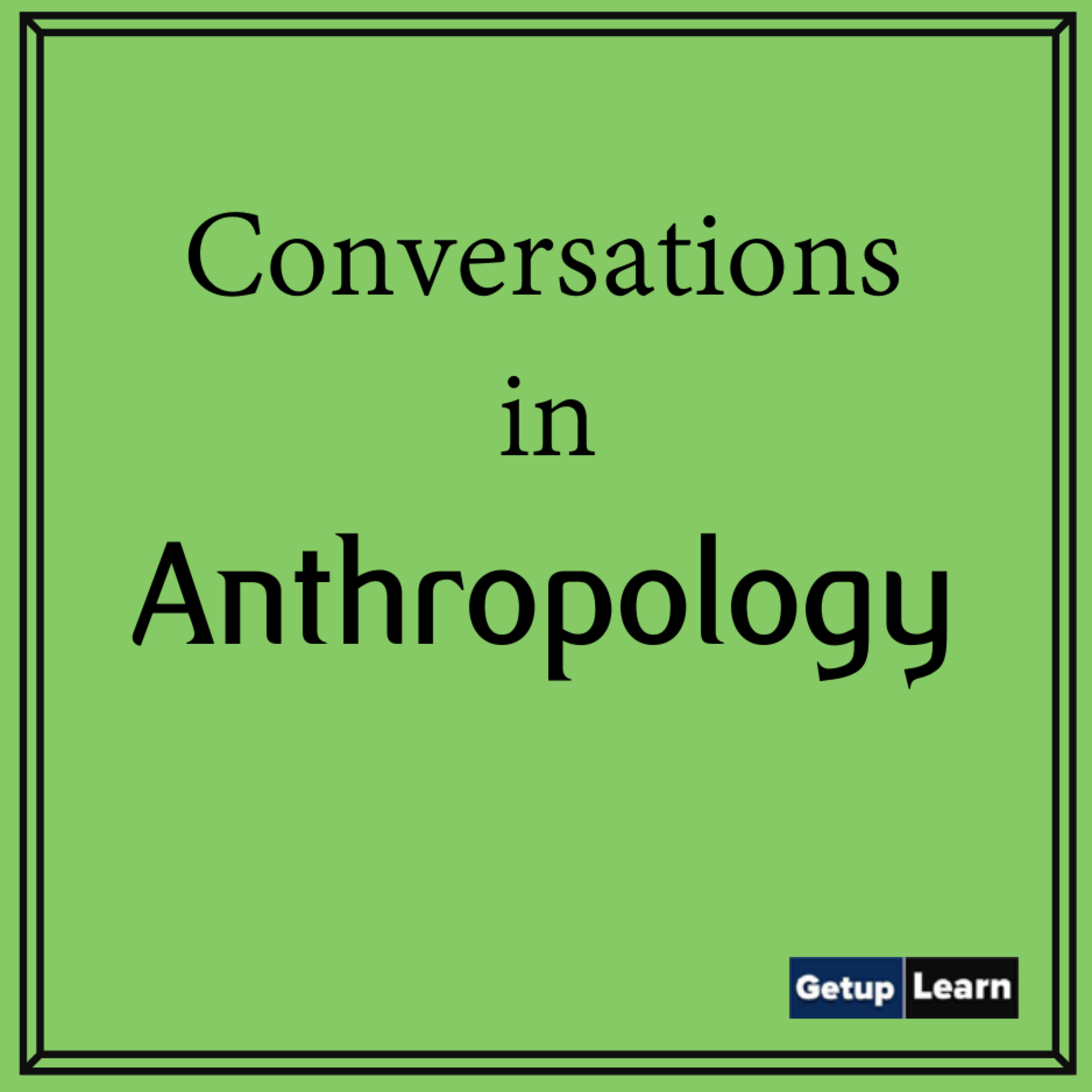 Getuplearn.com PodcastDefinition of KinshipDefinition of Kinship
In all societies, people are bound together in groups by various kinds of bonds. The most universal and the most basic of these bonds, that which is based on reproduction and inherent human drive, is called kinship.
Continue Further Reading: Marriage, Family, and Kinship: Meaning, Definition, Types2022-01-2400 min
Getuplearn.com PodcastDefinition of KinshipDefinition of Kinship
In all societies, people are bound together in groups by various kinds of bonds. The most universal and the most basic of these bonds, that which is based on reproduction and inherent human drive, is called kinship.
Continue Further Reading: Marriage, Family, and Kinship: Meaning, Definition, Types2022-01-2400 min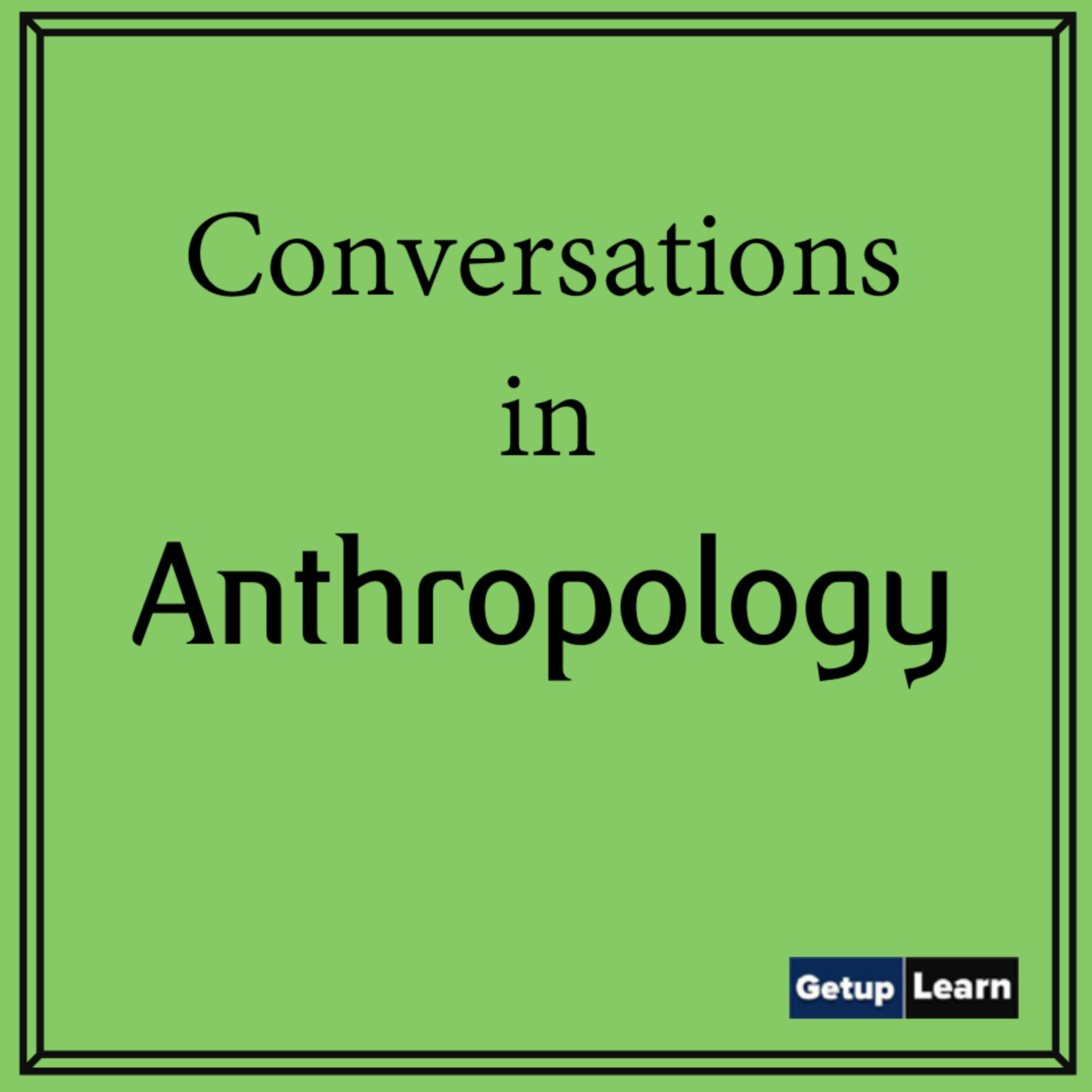 Getuplearn.com PodcastDefinition of Family: Meaning, Definition, TypesDefinition of Family
Following are two definitions of family:
A family is a social group characterized by common residence, economic cooperation and reproduction. It includes both sexes, at least two of whom maintain a socially approved sexual relationship, and one or more children, own or adopted” – George Peter Murdock, An American anthropologist. By 1957, the World Ethnographic Sample
A family is a group based on marital relations, rights and duties of parenthood, common habitation, and reciprocal relations between parent and children. By Robert H Lowie, an American Anthropologist
Read Complete Article in Detailed: Marriage, Fami...2022-01-2400 min
Getuplearn.com PodcastDefinition of Family: Meaning, Definition, TypesDefinition of Family
Following are two definitions of family:
A family is a social group characterized by common residence, economic cooperation and reproduction. It includes both sexes, at least two of whom maintain a socially approved sexual relationship, and one or more children, own or adopted” – George Peter Murdock, An American anthropologist. By 1957, the World Ethnographic Sample
A family is a group based on marital relations, rights and duties of parenthood, common habitation, and reciprocal relations between parent and children. By Robert H Lowie, an American Anthropologist
Read Complete Article in Detailed: Marriage, Fami...2022-01-2400 min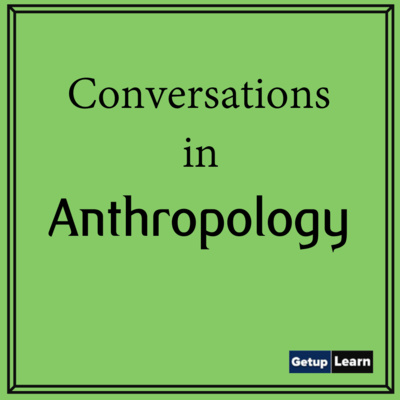 Getuplearn.com PodcastFeatures of Linguistic CommunicationFeatures of Linguistic Communication
These are some basic features of linguistic communication given below:
Productivity
Displacement
Arbitrariness
Productivity
Human languages are basically flexible and creative. Even small children can create sentences never heard before. We can express different thoughts, meanings and experiences in different ways. On the other hand, the sounds of animal communication have few variations and are least susceptible to modification.
Human languages have the ability to communicate many messages effectively. To communicate about a dangerous situation, a gibbon can make a particular sound. But to express that the...2022-01-2402 min
Getuplearn.com PodcastFeatures of Linguistic CommunicationFeatures of Linguistic Communication
These are some basic features of linguistic communication given below:
Productivity
Displacement
Arbitrariness
Productivity
Human languages are basically flexible and creative. Even small children can create sentences never heard before. We can express different thoughts, meanings and experiences in different ways. On the other hand, the sounds of animal communication have few variations and are least susceptible to modification.
Human languages have the ability to communicate many messages effectively. To communicate about a dangerous situation, a gibbon can make a particular sound. But to express that the...2022-01-2402 min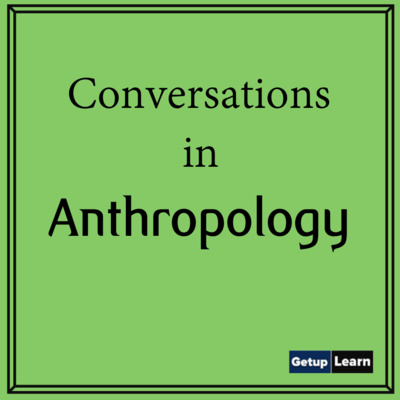 Getuplearn.com PodcastLinguistic Culture: Elements, ClassificationLinguistic Culture
Culture is a term that is used in at least three different senses: elitarian, pedagogical and anthropological. In the elitarian sense, culture refers to a great amount of knowledge. Anyone with vast knowledge in any field (physics, chemistry, philosophy) can be said to be cultured. In the pedagogical sense, culture signifies refinement and elegance attained through education and formation.
In this sense, we can say that someone is a cultured person. Culture distinguishes one human group from another. At the same time cultures are very porous, constantly evolving, open to influences from outside...2022-01-2407 min
Getuplearn.com PodcastLinguistic Culture: Elements, ClassificationLinguistic Culture
Culture is a term that is used in at least three different senses: elitarian, pedagogical and anthropological. In the elitarian sense, culture refers to a great amount of knowledge. Anyone with vast knowledge in any field (physics, chemistry, philosophy) can be said to be cultured. In the pedagogical sense, culture signifies refinement and elegance attained through education and formation.
In this sense, we can say that someone is a cultured person. Culture distinguishes one human group from another. At the same time cultures are very porous, constantly evolving, open to influences from outside...2022-01-2407 min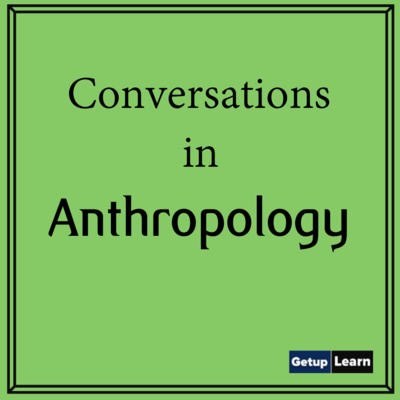 Getuplearn.com PodcastLinguistics LanguageLinguistics Language
Philosophical reflection has brought about the awareness that language is used in a variety of ways. Ludwig Wittgenstein in his Philosophical Investigations points out many uses of language such as describing objects, reporting an event, expressing one’s speculations about an event, making up a story, creating and telling a joke, translating from one language to another, asking, greeting, cursing, giving orders and praying.
This wide variety of functions that language performs in human communication can be brought together under four main categories: the informative, the expressive, the directive, and the performative. When la...2022-01-2407 min
Getuplearn.com PodcastLinguistics LanguageLinguistics Language
Philosophical reflection has brought about the awareness that language is used in a variety of ways. Ludwig Wittgenstein in his Philosophical Investigations points out many uses of language such as describing objects, reporting an event, expressing one’s speculations about an event, making up a story, creating and telling a joke, translating from one language to another, asking, greeting, cursing, giving orders and praying.
This wide variety of functions that language performs in human communication can be brought together under four main categories: the informative, the expressive, the directive, and the performative. When la...2022-01-2407 min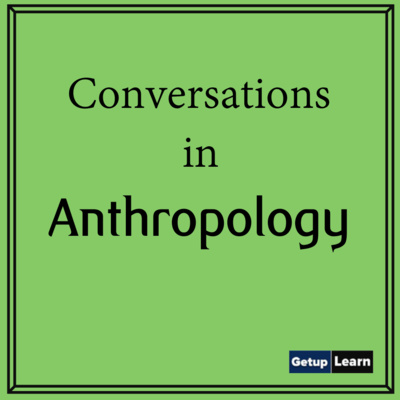 Getuplearn.com PodcastWhat is Linguistic Anthropology?Linguistic Anthropology
Linguistic anthropology is an interdisciplinary field dedicated to the study of language from an anthropological perspective. This means that, over the years, linguistic anthropologists have regarded language as a sophisticated sign system that contributes to the constitution of society and the reproduction of specific cultural practices.
In addition to being a powerful tool for exchanging information, language has been shown to play a crucial role in the classification of experience, the identification of people, things, ideas, and emotions, the recounting of the past, and the imagining of the future that is so critical...2022-01-2400 min
Getuplearn.com PodcastWhat is Linguistic Anthropology?Linguistic Anthropology
Linguistic anthropology is an interdisciplinary field dedicated to the study of language from an anthropological perspective. This means that, over the years, linguistic anthropologists have regarded language as a sophisticated sign system that contributes to the constitution of society and the reproduction of specific cultural practices.
In addition to being a powerful tool for exchanging information, language has been shown to play a crucial role in the classification of experience, the identification of people, things, ideas, and emotions, the recounting of the past, and the imagining of the future that is so critical...2022-01-2400 min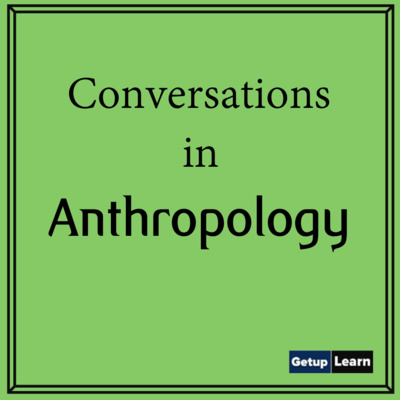 Getuplearn.com PodcastTypes of Archaeology SitesTypes of Archaeology Sites
Types of anthropology sites can be identified in the following way:
Archaeological Context
Artefacts Content
Geographical Location
Artefact content related to site function
Living or Habitation Sites
Kill Sites
Ceremonial Sites
Burial Sites
Trading, quarry, and art sites are specialist activity sites
Archaeological Context
By archaeological context: Depending on where the artefact/feature or cluster of artefacts are found, a particular site may be a surface location site if found on the surface, or a stratified location site if found in layers or strata.
...2022-01-2403 min
Getuplearn.com PodcastTypes of Archaeology SitesTypes of Archaeology Sites
Types of anthropology sites can be identified in the following way:
Archaeological Context
Artefacts Content
Geographical Location
Artefact content related to site function
Living or Habitation Sites
Kill Sites
Ceremonial Sites
Burial Sites
Trading, quarry, and art sites are specialist activity sites
Archaeological Context
By archaeological context: Depending on where the artefact/feature or cluster of artefacts are found, a particular site may be a surface location site if found on the surface, or a stratified location site if found in layers or strata.
...2022-01-2403 min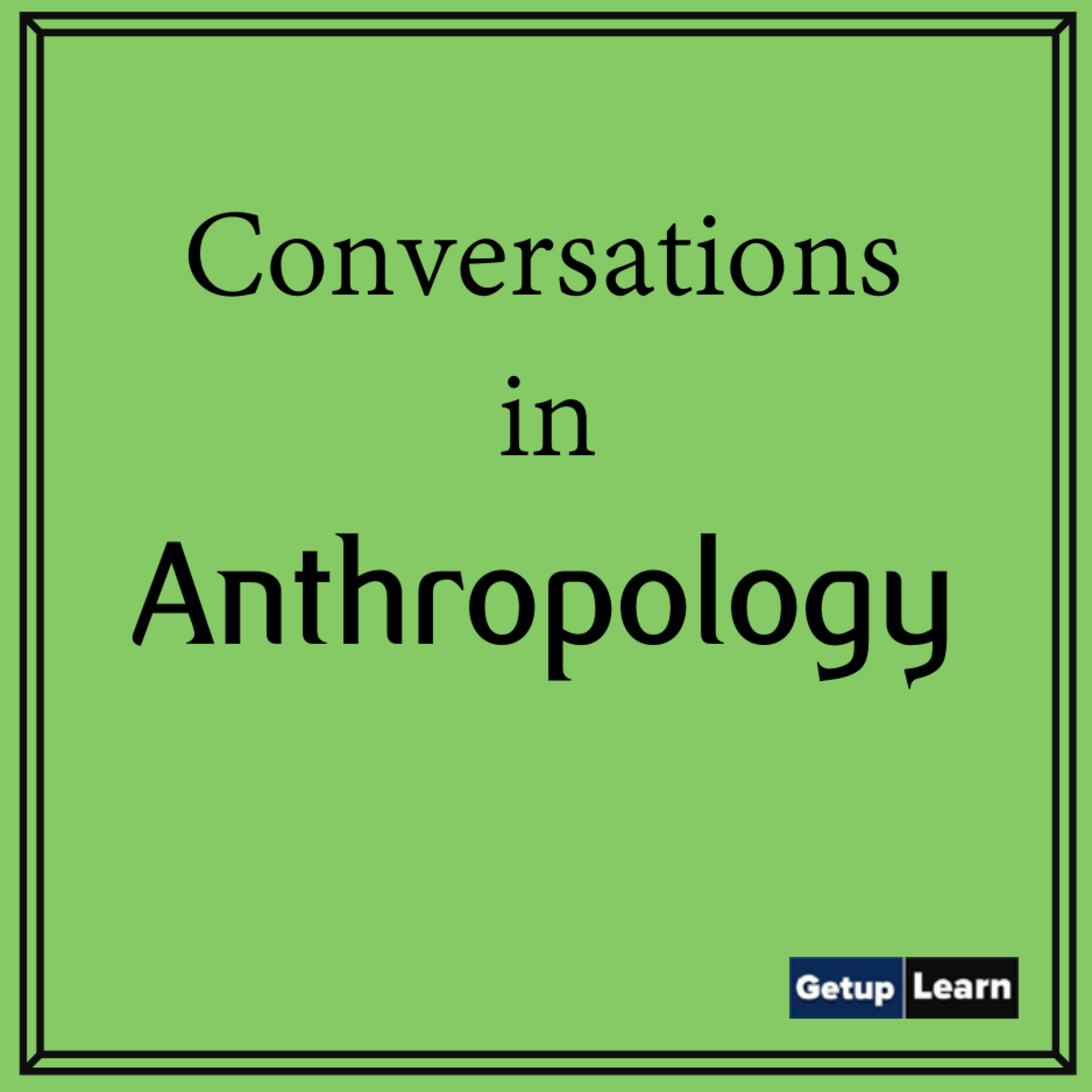 Getuplearn.com PodcastProcess of ArchaeologyProcess of Archaeology
These are some of the processes of archaeology projects:
Hypothesis Creation
Survey and Site Location
Excavation
Data Collection and Recording
Laboratory and Conservation
Interpretation
Publication
Hypothesis Creation
Archaeologists do not dig randomly in search of artefacts. Excavations are conducted to answer specific questions or resolve particular issues. The only exception is in cultural resource management, undertaken when sites are in danger of being destroyed.
Survey and Site Location
Once archaeologists have a reason to dig, they must identify where to dig. Sometimes, unexpectedly...2022-01-2400 min
Getuplearn.com PodcastProcess of ArchaeologyProcess of Archaeology
These are some of the processes of archaeology projects:
Hypothesis Creation
Survey and Site Location
Excavation
Data Collection and Recording
Laboratory and Conservation
Interpretation
Publication
Hypothesis Creation
Archaeologists do not dig randomly in search of artefacts. Excavations are conducted to answer specific questions or resolve particular issues. The only exception is in cultural resource management, undertaken when sites are in danger of being destroyed.
Survey and Site Location
Once archaeologists have a reason to dig, they must identify where to dig. Sometimes, unexpectedly...2022-01-2400 min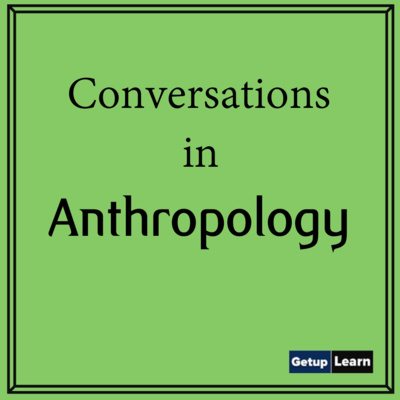 Getuplearn.com PodcastWhat is Archaeological Anthropology?Archaeological Anthropology Meaning
Archaeological Anthropology is the study of sociocultural behaviour in the protohistoric and pre-historic past. The archaeologist deals with such remains from the past societies such as tools, shelters, remains of plants and animals eaten as food, and other objects that have survived. These remains are termed artefacts and are used to reconstruct past behaviour.
At the same time evolution of prehistoric culture with respect to the biological evolution of early human beings are studied. In other words, it is an anthropology of the past.
There are four subfields in anthropology...2022-01-2401 min
Getuplearn.com PodcastWhat is Archaeological Anthropology?Archaeological Anthropology Meaning
Archaeological Anthropology is the study of sociocultural behaviour in the protohistoric and pre-historic past. The archaeologist deals with such remains from the past societies such as tools, shelters, remains of plants and animals eaten as food, and other objects that have survived. These remains are termed artefacts and are used to reconstruct past behaviour.
At the same time evolution of prehistoric culture with respect to the biological evolution of early human beings are studied. In other words, it is an anthropology of the past.
There are four subfields in anthropology...2022-01-2401 min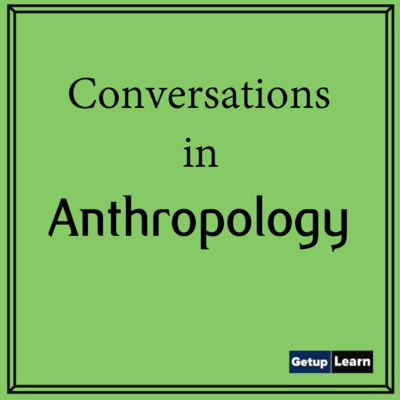 Getuplearn.com PodcastWhat is archaeology?Archaeology Meaning
Archaeology is the study of the human past and human culture through material remains. It is a subfield of anthropology, the study of all human culture. From million-year-old fossilized human remains to 20th-century buildings, archaeology analyzes the physical remains of the past to understand human culture.
Artefacts, faunal remains, and human-altered landscapes are evidence for the cultural and material lives of past societies. The word “Archaeology” is derived from word Archaeology is derived from two Greek words- “arkhaios” which means ancient and “logos” which means study. So archaeology is the study of human activity in...2022-01-2401 min
Getuplearn.com PodcastWhat is archaeology?Archaeology Meaning
Archaeology is the study of the human past and human culture through material remains. It is a subfield of anthropology, the study of all human culture. From million-year-old fossilized human remains to 20th-century buildings, archaeology analyzes the physical remains of the past to understand human culture.
Artefacts, faunal remains, and human-altered landscapes are evidence for the cultural and material lives of past societies. The word “Archaeology” is derived from word Archaeology is derived from two Greek words- “arkhaios” which means ancient and “logos” which means study. So archaeology is the study of human activity in...2022-01-2401 min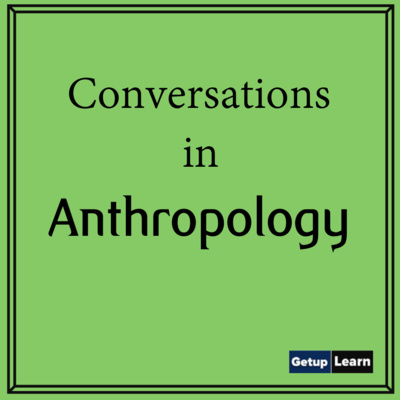 Getuplearn.com PodcastTheories of Sociocultural AnthropologyTheories of Sociocultural Anthropology
These are the theories of sociocultural anthropology:
Evolutionism
Diffusionism
Historical Particularism
Functionalism
Culture and Personality
Neo-Functionalism
Marxist Anthropology
Cultural Ecology
Cultural Materialism
Structuralism
Ethnoscience
Symbolic Anthropology
Evolutionism
Evolutionism is a set of ideas or doctrine concepts of Evolution. It is a sequential, directional, and gradual occurring process. It is the process of systematic change. In cultural and social anthropology the gradual, structural change of human culture is the subject of study by evolutionists. Evolutionism dominated anthropological thinking mainly during the latter part of the 19th century.2022-01-2400 min
Getuplearn.com PodcastTheories of Sociocultural AnthropologyTheories of Sociocultural Anthropology
These are the theories of sociocultural anthropology:
Evolutionism
Diffusionism
Historical Particularism
Functionalism
Culture and Personality
Neo-Functionalism
Marxist Anthropology
Cultural Ecology
Cultural Materialism
Structuralism
Ethnoscience
Symbolic Anthropology
Evolutionism
Evolutionism is a set of ideas or doctrine concepts of Evolution. It is a sequential, directional, and gradual occurring process. It is the process of systematic change. In cultural and social anthropology the gradual, structural change of human culture is the subject of study by evolutionists. Evolutionism dominated anthropological thinking mainly during the latter part of the 19th century.2022-01-2400 min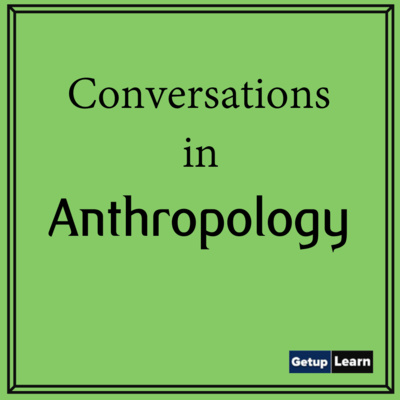 Getuplearn.com PodcastScope of Social AnthropologyScope of Social Anthropology
While defining social anthropology, Beals and Hoijer write that “it is concerned with culture per se, whether it belongs to the primitive men of the stone age or the European city dwellers of today.” Although it is more properly a definition of cultural anthropology, it surely and clearly shows that the field of social anthropology is very wide.
It includes a study of different parts of culture, social institutions and economic and political administration. The main branches or scope of social anthropology are given below:
Ethnography
Familial Anthropology
Economic Anthropology
Poli...2022-01-2403 min
Getuplearn.com PodcastScope of Social AnthropologyScope of Social Anthropology
While defining social anthropology, Beals and Hoijer write that “it is concerned with culture per se, whether it belongs to the primitive men of the stone age or the European city dwellers of today.” Although it is more properly a definition of cultural anthropology, it surely and clearly shows that the field of social anthropology is very wide.
It includes a study of different parts of culture, social institutions and economic and political administration. The main branches or scope of social anthropology are given below:
Ethnography
Familial Anthropology
Economic Anthropology
Poli...2022-01-2403 min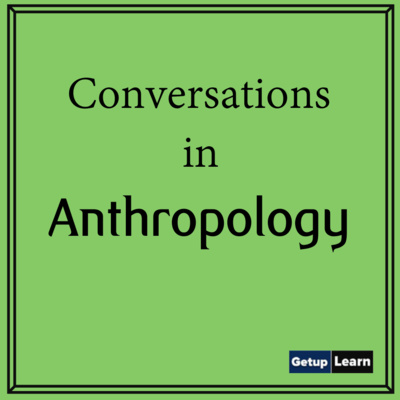 Getuplearn.com PodcastWhat is Social Cultural Anthropology?Social-Cultural Anthropology
Socio-cultural anthropologists are concerned with human social and cultural diversity and the bases of these distinctions, be they economic, political, environmental, biological; social roles, relationships, and social transformation; cultural identity; cultural dimensions of domination and resistance; and strategies for representing and analyzing cultural knowledge.
This is also often called social anthropology or cultural anthropology. It is concerned with the social and cultural dimensions of the living peoples (Pritchard 1995); and with the description and analysis of people’s lives and traditions (Podolefsky and Brown, 1997). Socio-cultural anthropology studies the social, symbolic, or nonmaterial and material li...2022-01-2400 min
Getuplearn.com PodcastWhat is Social Cultural Anthropology?Social-Cultural Anthropology
Socio-cultural anthropologists are concerned with human social and cultural diversity and the bases of these distinctions, be they economic, political, environmental, biological; social roles, relationships, and social transformation; cultural identity; cultural dimensions of domination and resistance; and strategies for representing and analyzing cultural knowledge.
This is also often called social anthropology or cultural anthropology. It is concerned with the social and cultural dimensions of the living peoples (Pritchard 1995); and with the description and analysis of people’s lives and traditions (Podolefsky and Brown, 1997). Socio-cultural anthropology studies the social, symbolic, or nonmaterial and material li...2022-01-2400 min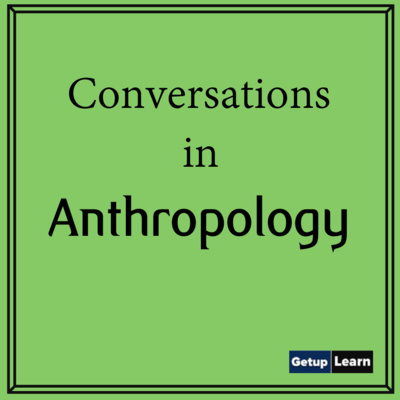 Getuplearn.com PodcastAims of Social AnthropologyAims of Social Anthropology
The aim of any science is to study a specified part of the real world and from a study of facts to formulate theories which shall serve as recipes for human conduct, whether that conduct is the carrying out of further research or the taking of practical steps for the promotion of human welfare.
The most important aims of social anthropology are the following:
The Study of Primitive Culture in its Present Form
The Study of Cultural Contact and Specific Processes
The Study of Primitive Culture in its...2022-01-2401 min
Getuplearn.com PodcastAims of Social AnthropologyAims of Social Anthropology
The aim of any science is to study a specified part of the real world and from a study of facts to formulate theories which shall serve as recipes for human conduct, whether that conduct is the carrying out of further research or the taking of practical steps for the promotion of human welfare.
The most important aims of social anthropology are the following:
The Study of Primitive Culture in its Present Form
The Study of Cultural Contact and Specific Processes
The Study of Primitive Culture in its...2022-01-2401 min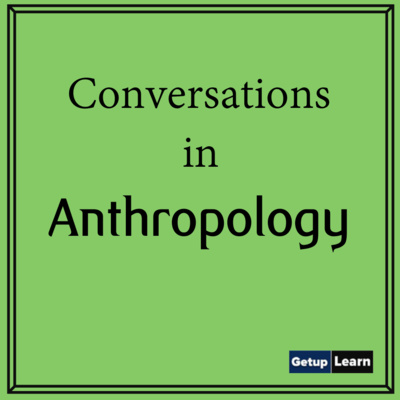 Getuplearn.com PodcastNature of Social AnthropologyNature of Social Anthropology
Social anthropology is a science and to know this fact, it is necessary to understand what is science. Some begin to consider a particular subject matter to be a science like chemistry or engineering etc. common people distinguish between science and art in this very sense.
These are the nature of social anthropology given below:
Social Anthropology as a Science
Steps in Scientific Method in Social Anthropology
Social Anthropology as a Science
An examination of social anthropology, on the basis of the aforesaid six rudiments, reveals that...2022-01-2402 min
Getuplearn.com PodcastNature of Social AnthropologyNature of Social Anthropology
Social anthropology is a science and to know this fact, it is necessary to understand what is science. Some begin to consider a particular subject matter to be a science like chemistry or engineering etc. common people distinguish between science and art in this very sense.
These are the nature of social anthropology given below:
Social Anthropology as a Science
Steps in Scientific Method in Social Anthropology
Social Anthropology as a Science
An examination of social anthropology, on the basis of the aforesaid six rudiments, reveals that...2022-01-2402 min Getuplearn.com PodcastDefinition of Social AnthropologyDefinition of Social Anthropology
Some definitions of social anthropology are as follows:
Social anthropologists study cultures of contemporary primitive communities. This definition of social anthropology is a bit narrow because anthropology does not only study primitive cultures but studies contemporary cultures also. From this point of view, the definition of social anthropology given by S.C. Dubey is more appropriate. By Piddington
Social anthropology is that part of cultural anthropology which devotes its primary attention to the study of social structure and religion rather than material aspects of culture. It is clear that...2022-01-2401 min
Getuplearn.com PodcastDefinition of Social AnthropologyDefinition of Social Anthropology
Some definitions of social anthropology are as follows:
Social anthropologists study cultures of contemporary primitive communities. This definition of social anthropology is a bit narrow because anthropology does not only study primitive cultures but studies contemporary cultures also. From this point of view, the definition of social anthropology given by S.C. Dubey is more appropriate. By Piddington
Social anthropology is that part of cultural anthropology which devotes its primary attention to the study of social structure and religion rather than material aspects of culture. It is clear that...2022-01-2401 min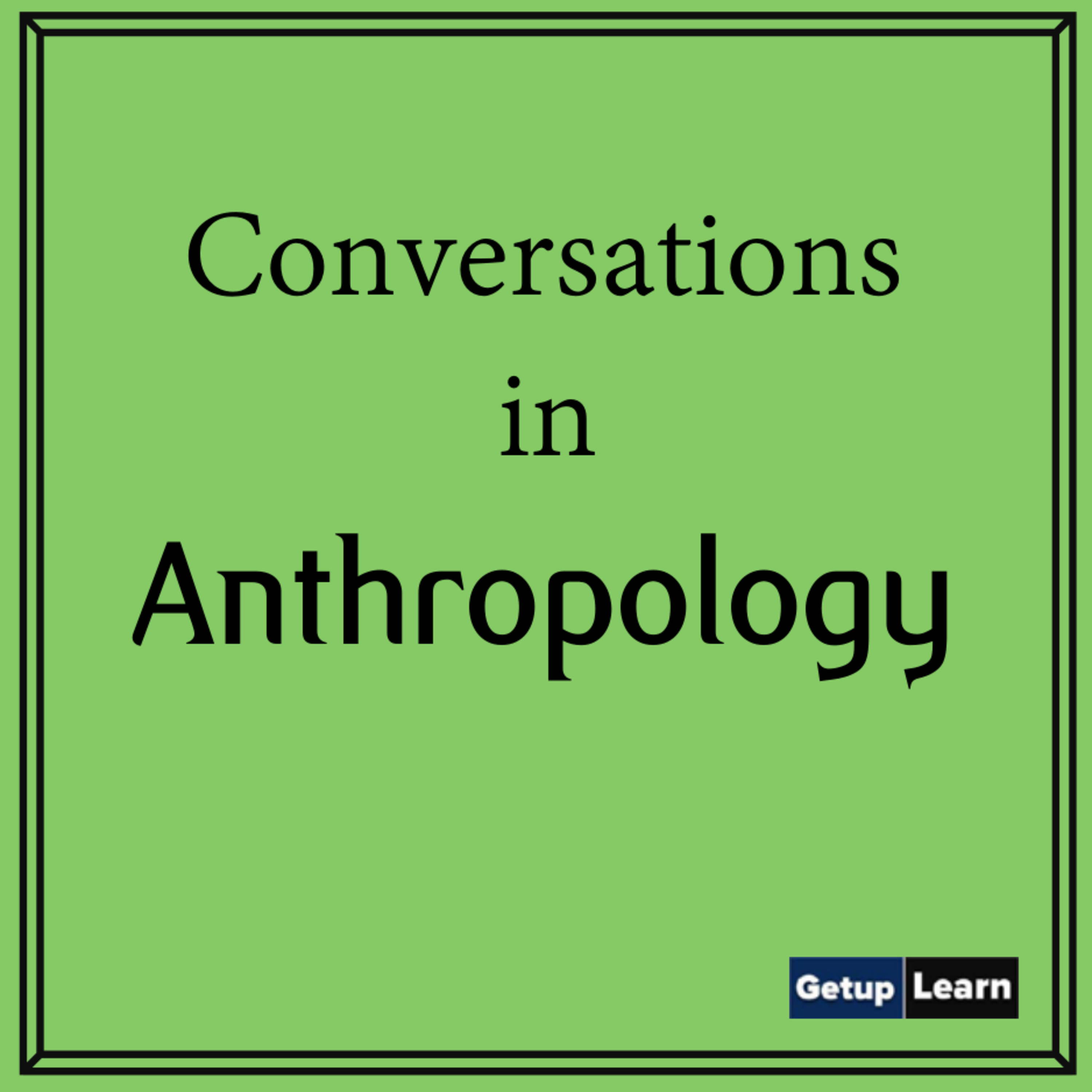 Getuplearn.com PodcastWhat is Social Anthropology?Social Anthropology Meaning
Social anthropology is the study of social behaviour, especially from the point of view of the systematic comparative study of social forms and institutions. In brief, social anthropology is a comparative study of social behaviour and social phenomena of men of all countries and ages.
Social anthropology is an important branch of anthropology. Social anthropology is social. This meaning of the word ‘social’ is enough to show how the field and viewpoint of social anthropology are different from other branches of anthropology.
Physical anthropology and cultural anthropology are closely related. Diff...2022-01-2300 min
Getuplearn.com PodcastWhat is Social Anthropology?Social Anthropology Meaning
Social anthropology is the study of social behaviour, especially from the point of view of the systematic comparative study of social forms and institutions. In brief, social anthropology is a comparative study of social behaviour and social phenomena of men of all countries and ages.
Social anthropology is an important branch of anthropology. Social anthropology is social. This meaning of the word ‘social’ is enough to show how the field and viewpoint of social anthropology are different from other branches of anthropology.
Physical anthropology and cultural anthropology are closely related. Diff...2022-01-2300 min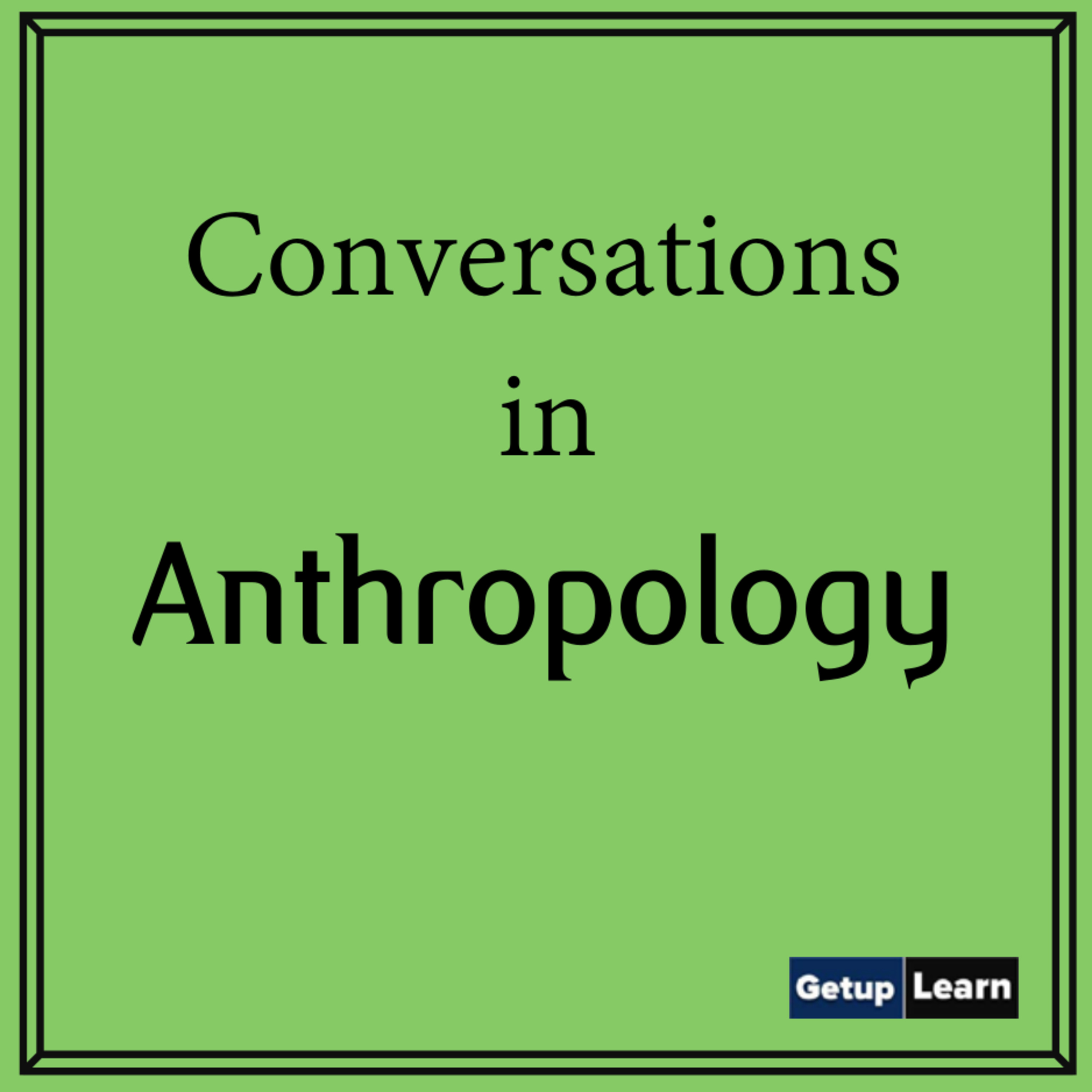 Getuplearn.com PodcastFields of Biological AnthropologyFields of Biological Anthropology
Today the study of biological anthropology has become immensely diverse. It has come a long way from the study of primates with the help of fossils and skull findings.
However, primate classification on the basis of fossil evidence still remains vital to know the hominid tree, other concerns like the evolution of the human species, extinction and mutation of species, differences and similarities occurring in the process, etc. The biological bases of human behavior and human biological variability are also other major concerns of study.
Methods of study used...2022-01-2206 min
Getuplearn.com PodcastFields of Biological AnthropologyFields of Biological Anthropology
Today the study of biological anthropology has become immensely diverse. It has come a long way from the study of primates with the help of fossils and skull findings.
However, primate classification on the basis of fossil evidence still remains vital to know the hominid tree, other concerns like the evolution of the human species, extinction and mutation of species, differences and similarities occurring in the process, etc. The biological bases of human behavior and human biological variability are also other major concerns of study.
Methods of study used...2022-01-2206 min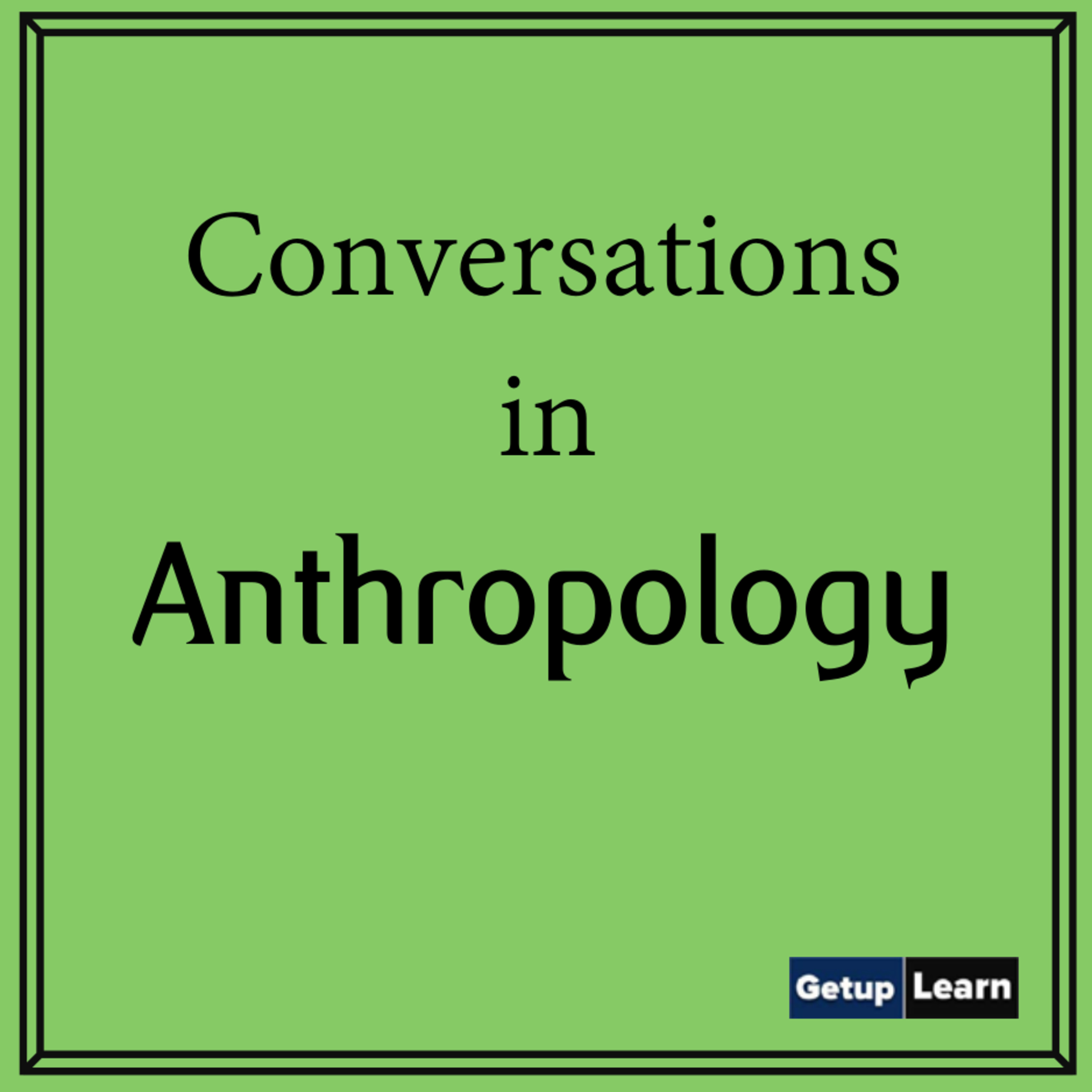 Getuplearn.com PodcastWhat is Biological Anthropology?Biological Anthropology
Biological Anthropology starts with the study of the origin and evolution of humans and analyses their diversity. It also examines the bio-social adaptation of different human populations living in different geographical and ecological settings. The name biological anthropology came into vogue when scientists started studying humans based on evidence that was not just limited to bones. For example the study of human genetics, the study of primates and their relationship to the environment, etc.
In its comprehension of variability, adaptation, and evolution, it also identifies itself as social science, as the study of...2022-01-2200 min
Getuplearn.com PodcastWhat is Biological Anthropology?Biological Anthropology
Biological Anthropology starts with the study of the origin and evolution of humans and analyses their diversity. It also examines the bio-social adaptation of different human populations living in different geographical and ecological settings. The name biological anthropology came into vogue when scientists started studying humans based on evidence that was not just limited to bones. For example the study of human genetics, the study of primates and their relationship to the environment, etc.
In its comprehension of variability, adaptation, and evolution, it also identifies itself as social science, as the study of...2022-01-2200 min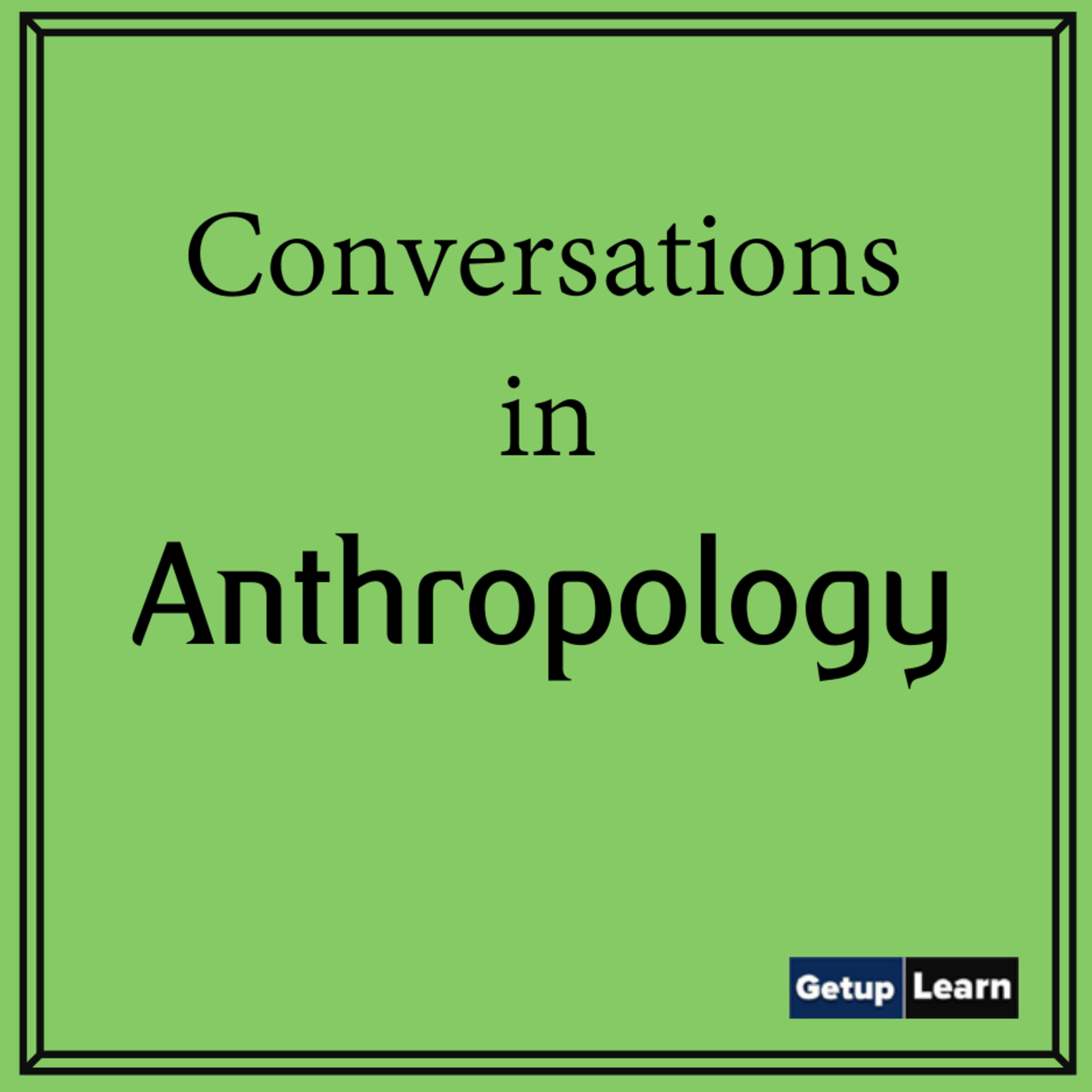 Getuplearn.com Podcast4 Main Branches of Anthropology4 Main Branches of Anthropology
Anthropology includes four 4 main branches of anthropology as given below:
Biological Anthropology
Social-Cultural Anthropology
Archaeological Anthropology
Linguistic Anthropology
Biological Anthropology
Biological anthropology gives an opportunity to understand the physical differences and changes among humans. Biological anthropology is the branch of Anthropology that considers humans as biological organisms. As the name indicates, it studies the biological and physical characteristics of humans.
Social-Cultural Anthropology
Social Cultural anthropology is the study of human society and culture. It describes, analyses interprets, and explains the social and cultural similarities and...2022-01-1810 min
Getuplearn.com Podcast4 Main Branches of Anthropology4 Main Branches of Anthropology
Anthropology includes four 4 main branches of anthropology as given below:
Biological Anthropology
Social-Cultural Anthropology
Archaeological Anthropology
Linguistic Anthropology
Biological Anthropology
Biological anthropology gives an opportunity to understand the physical differences and changes among humans. Biological anthropology is the branch of Anthropology that considers humans as biological organisms. As the name indicates, it studies the biological and physical characteristics of humans.
Social-Cultural Anthropology
Social Cultural anthropology is the study of human society and culture. It describes, analyses interprets, and explains the social and cultural similarities and...2022-01-1810 min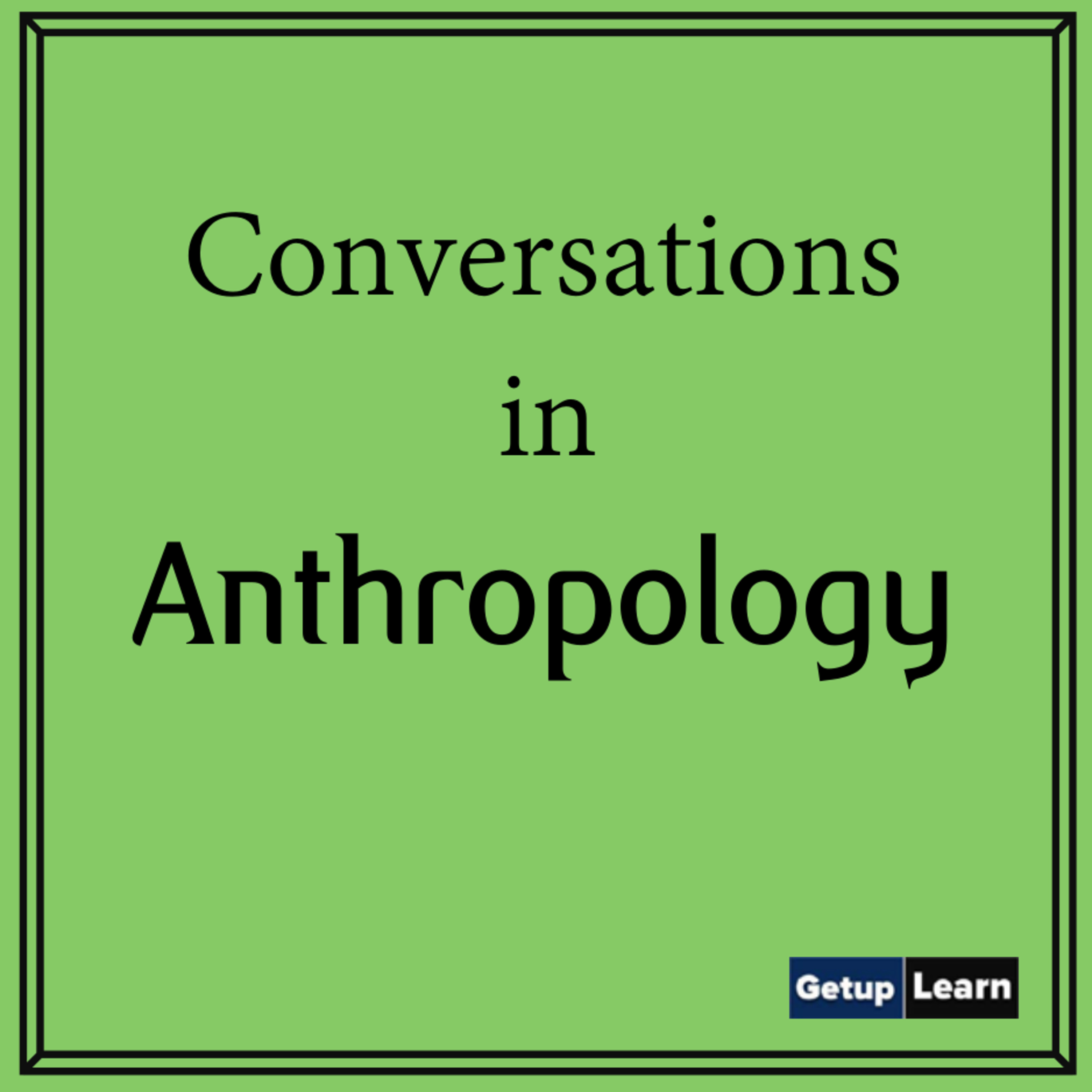 Getuplearn.com PodcastDefinition of AnthropologyDefinition of Anthropology
These are some definitions of anthropology given below:
Anthropology is the scientific study of the physical, social and cultural development and behaviour of human beings since their appearance on this earth. By Jacobs and Stern
Out of all the sciences which study various aspects of man, anthropology is the one that comes nearest to the total study of man. By Clyde Kluckhohn
Anthropology is the scientific study of the physical, social and cultural development and behaviour of human beings since their appearance on earth. By M Jacob and B...2022-01-1801 min
Getuplearn.com PodcastDefinition of AnthropologyDefinition of Anthropology
These are some definitions of anthropology given below:
Anthropology is the scientific study of the physical, social and cultural development and behaviour of human beings since their appearance on this earth. By Jacobs and Stern
Out of all the sciences which study various aspects of man, anthropology is the one that comes nearest to the total study of man. By Clyde Kluckhohn
Anthropology is the scientific study of the physical, social and cultural development and behaviour of human beings since their appearance on earth. By M Jacob and B...2022-01-1801 min Getuplearn.com PodcastWhat is Anthropology?What is Anthropology?
Anthropology is the study of humans, past and present. To understand the full sweep and complexity of cultures across all of human history, anthropology draws and builds upon knowledge from the social and biological sciences as well as the humanities and physical sciences. A central concern of anthropologists is the application of knowledge to the solution of human problems.
Anthropology is the study of various elements of humans, including biology and culture, in order to understand the human origin and the evolution of various beliefs and social customs. The...2021-12-0600 min
Getuplearn.com PodcastWhat is Anthropology?What is Anthropology?
Anthropology is the study of humans, past and present. To understand the full sweep and complexity of cultures across all of human history, anthropology draws and builds upon knowledge from the social and biological sciences as well as the humanities and physical sciences. A central concern of anthropologists is the application of knowledge to the solution of human problems.
Anthropology is the study of various elements of humans, including biology and culture, in order to understand the human origin and the evolution of various beliefs and social customs. The...2021-12-0600 min